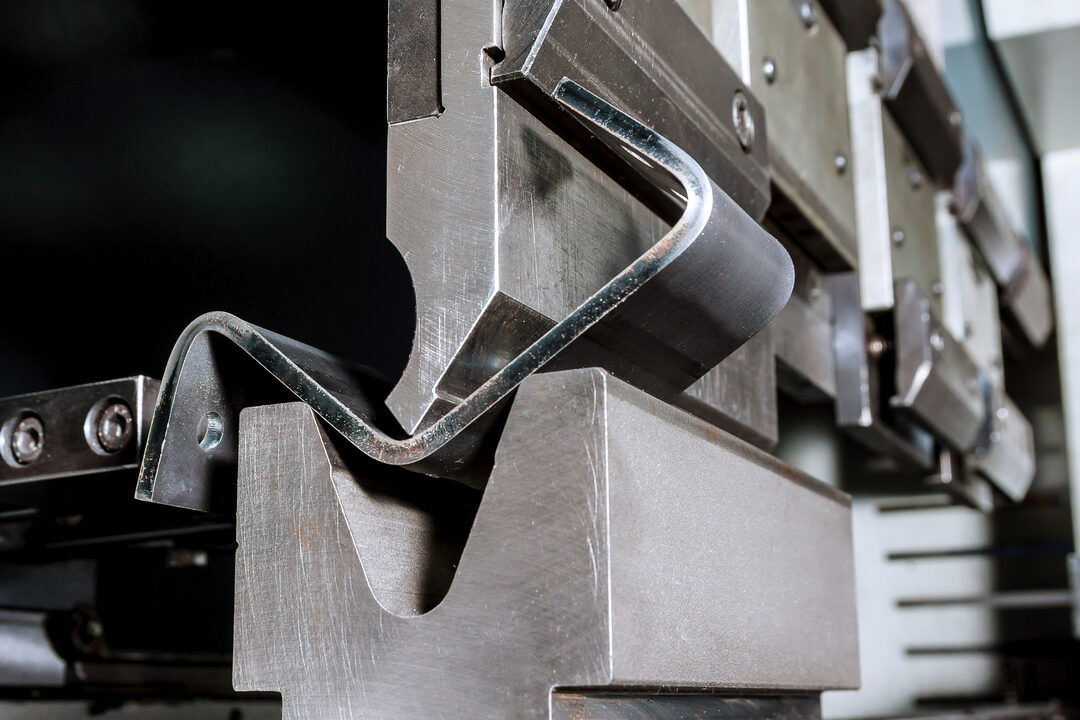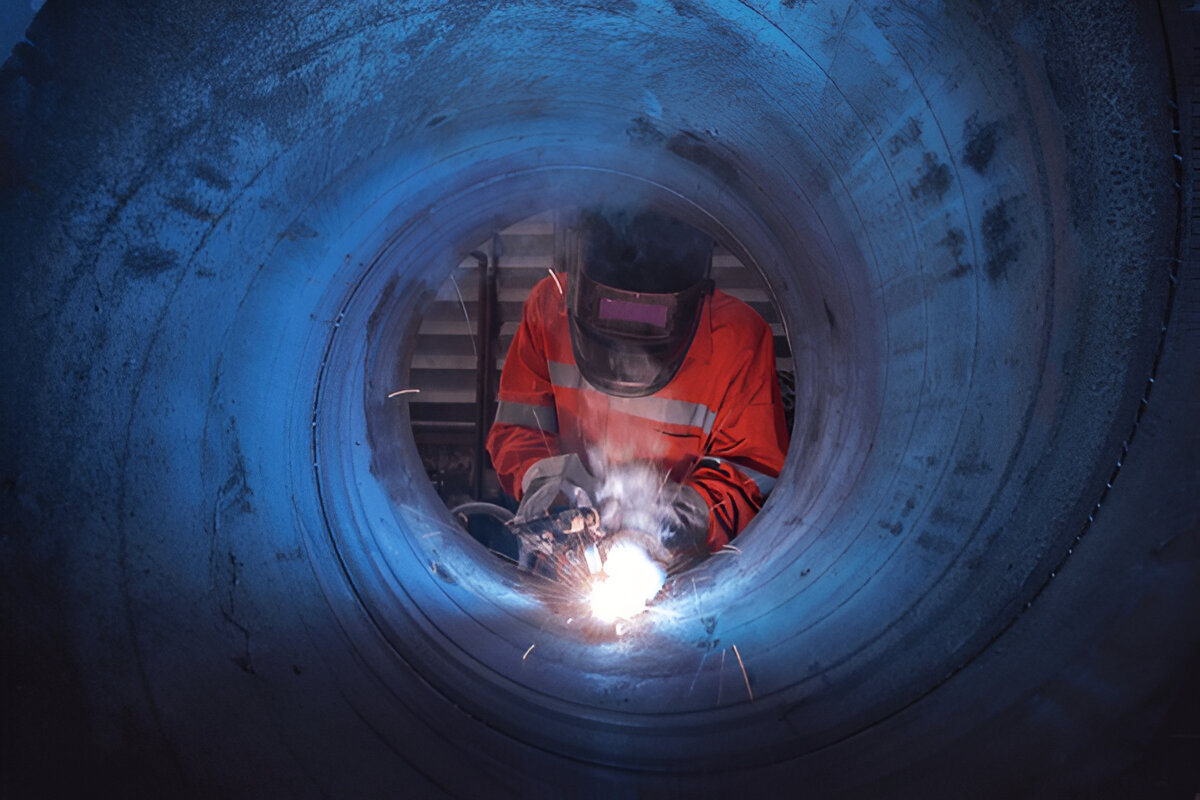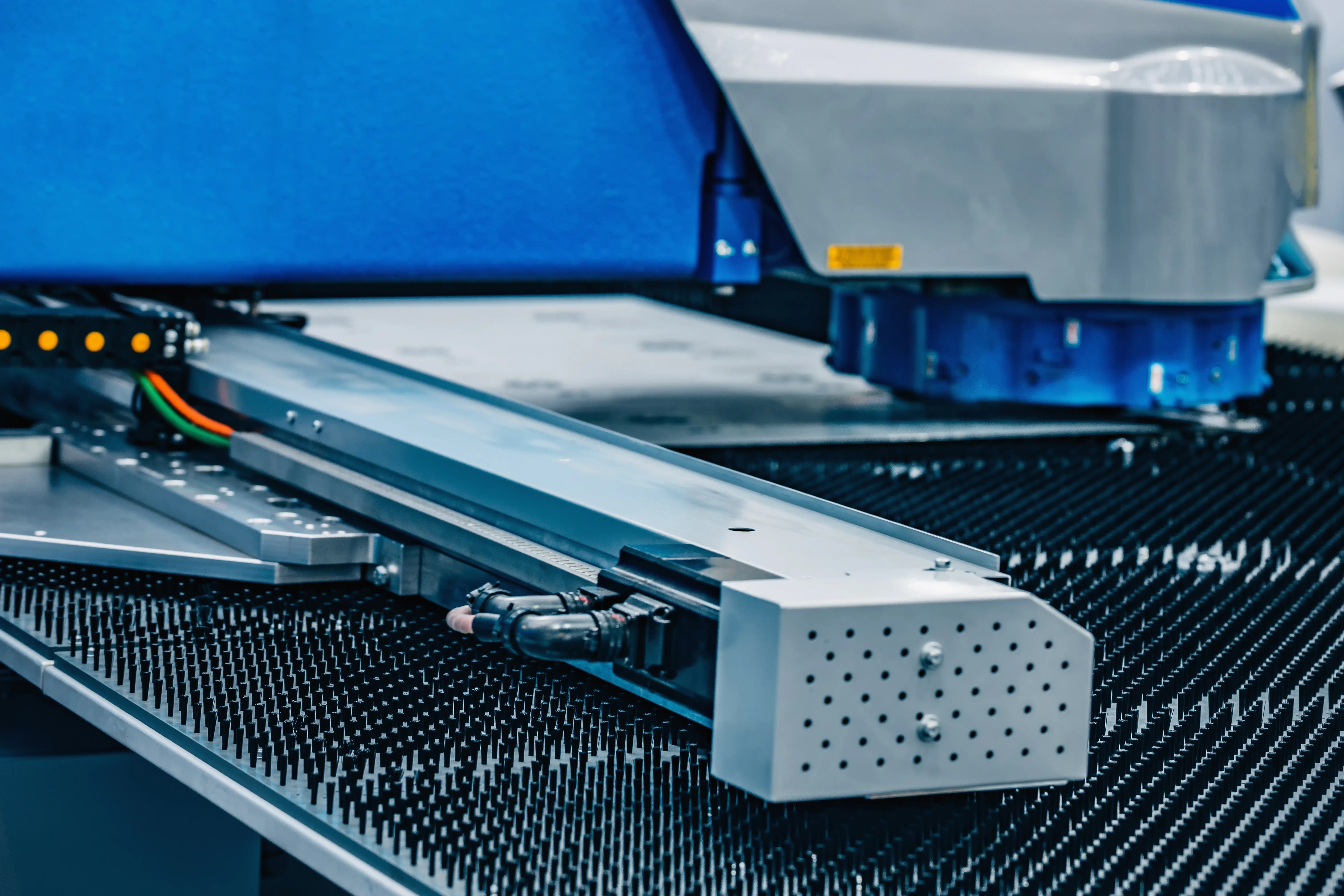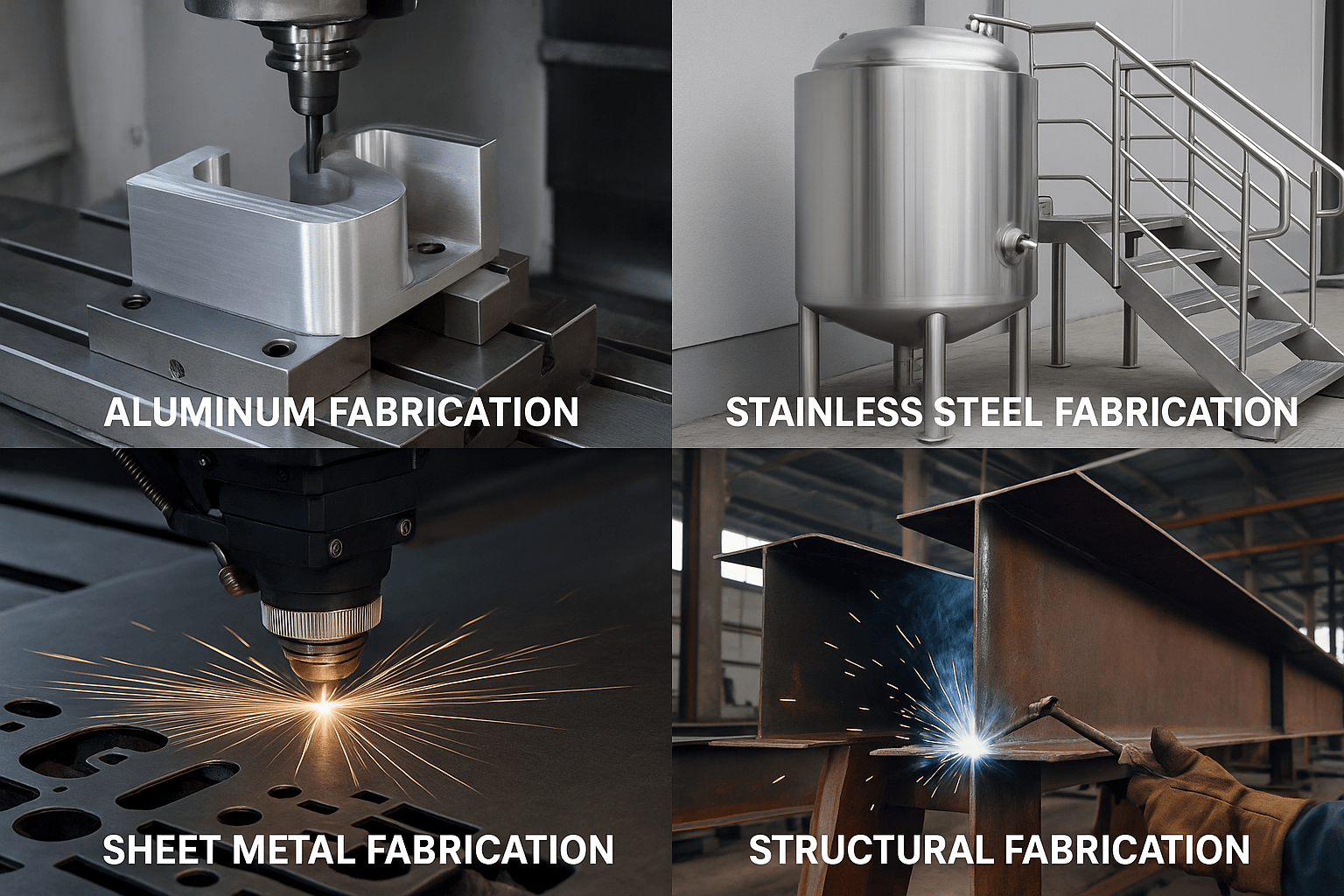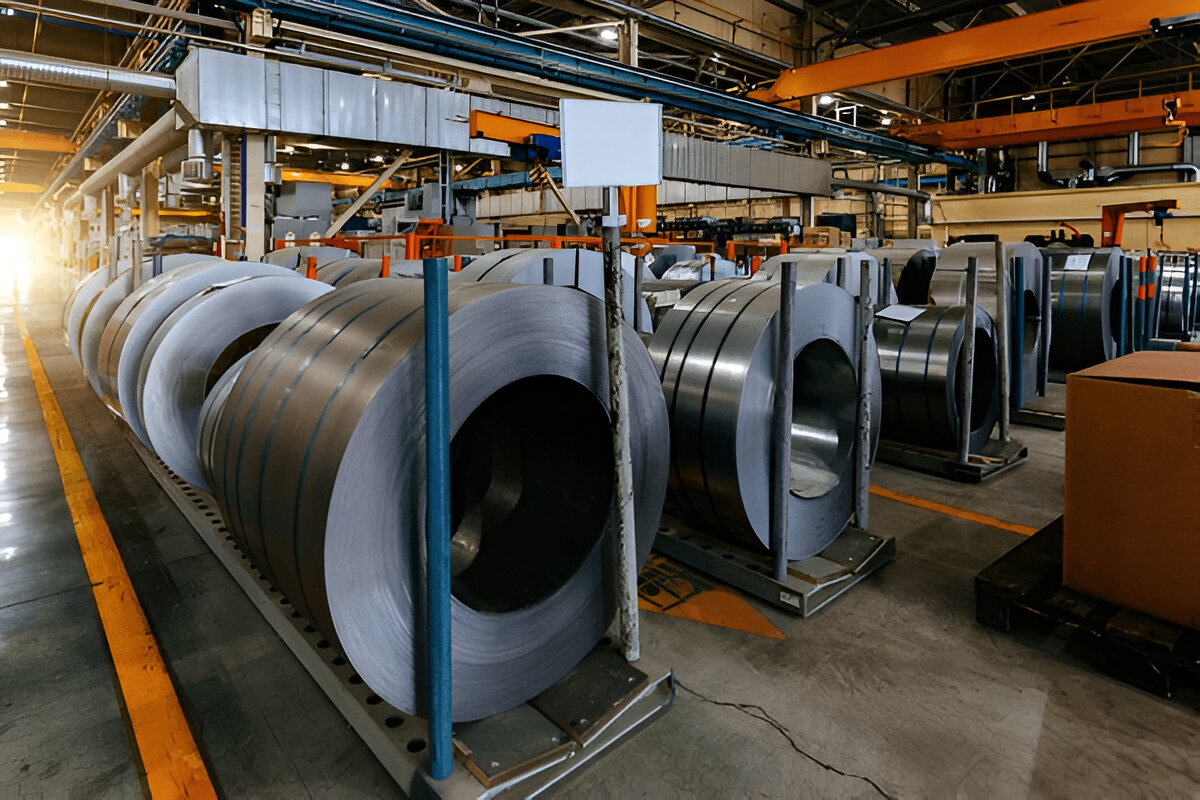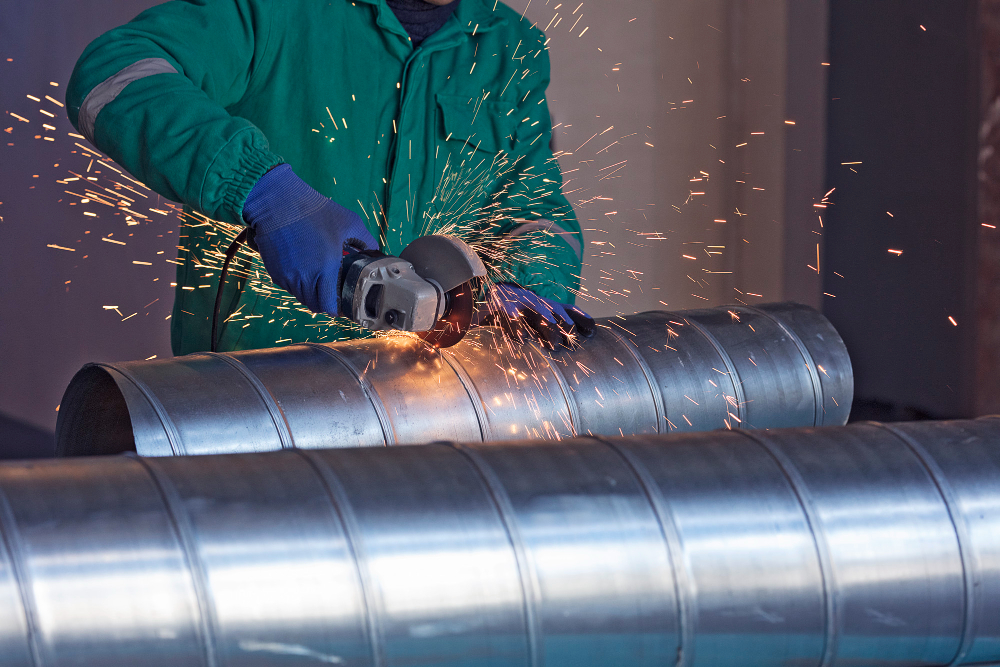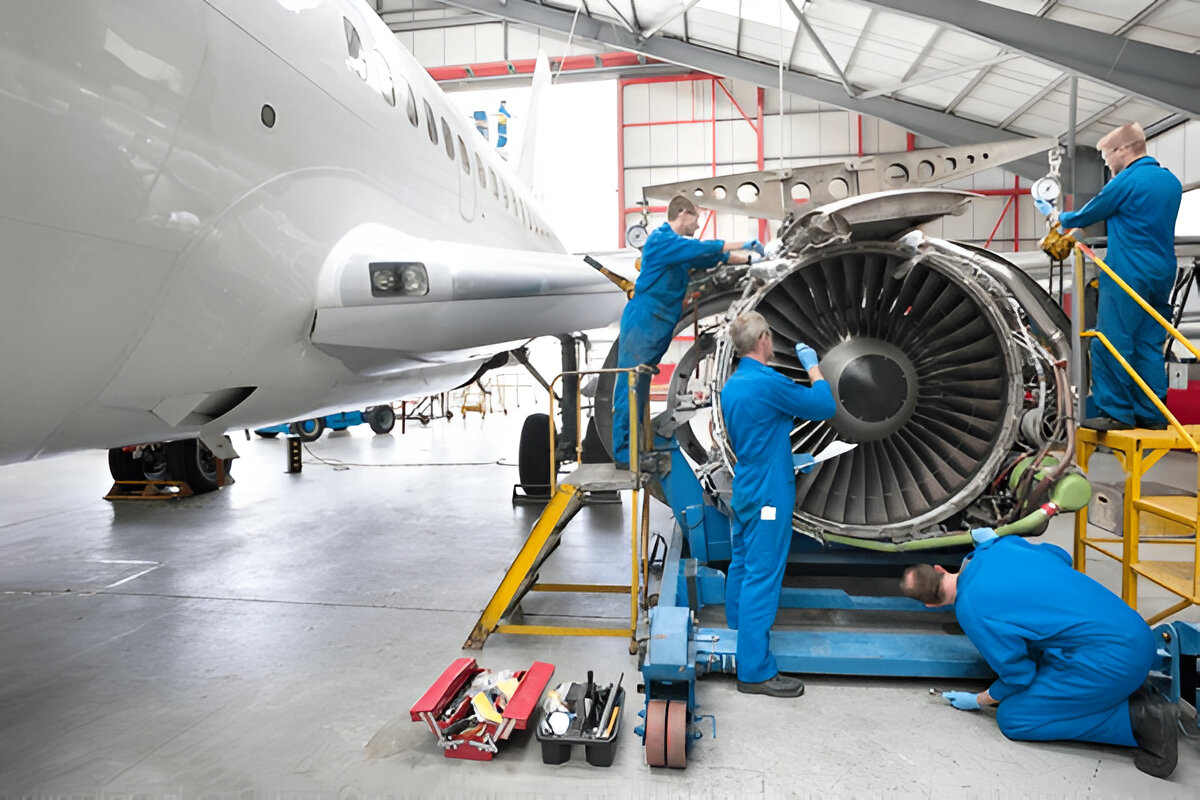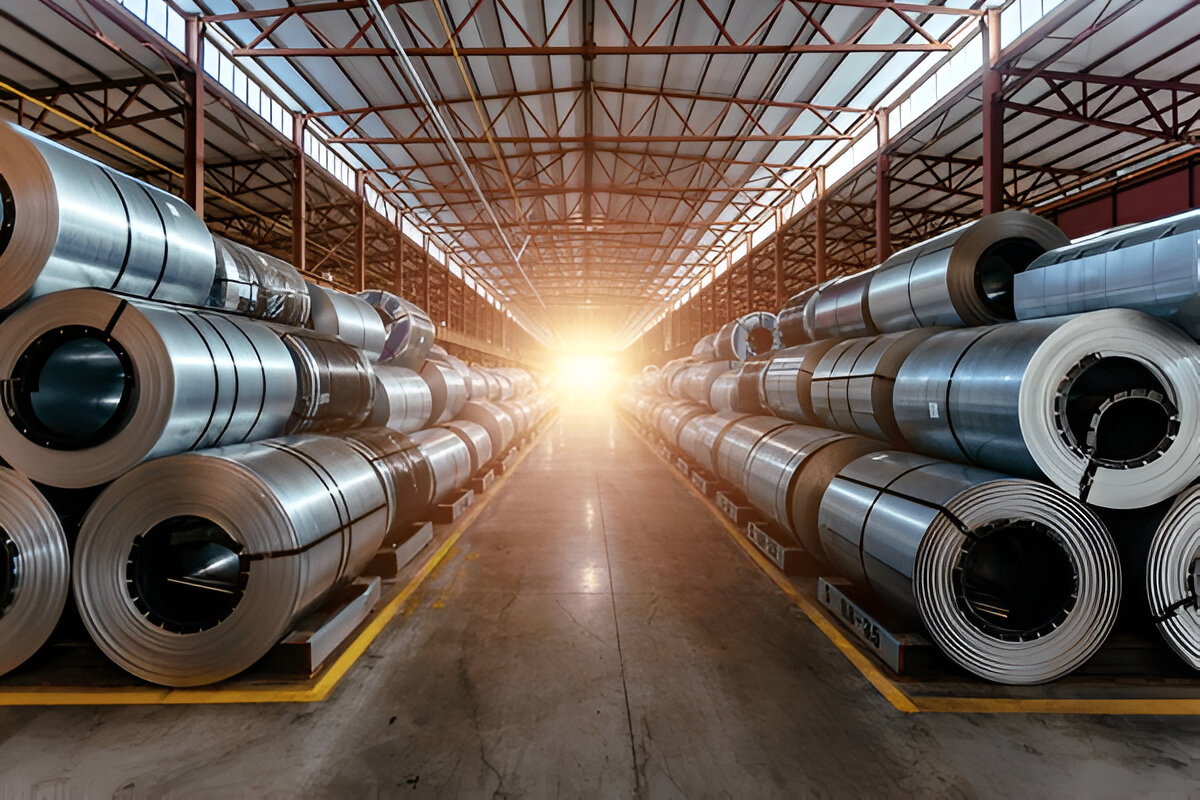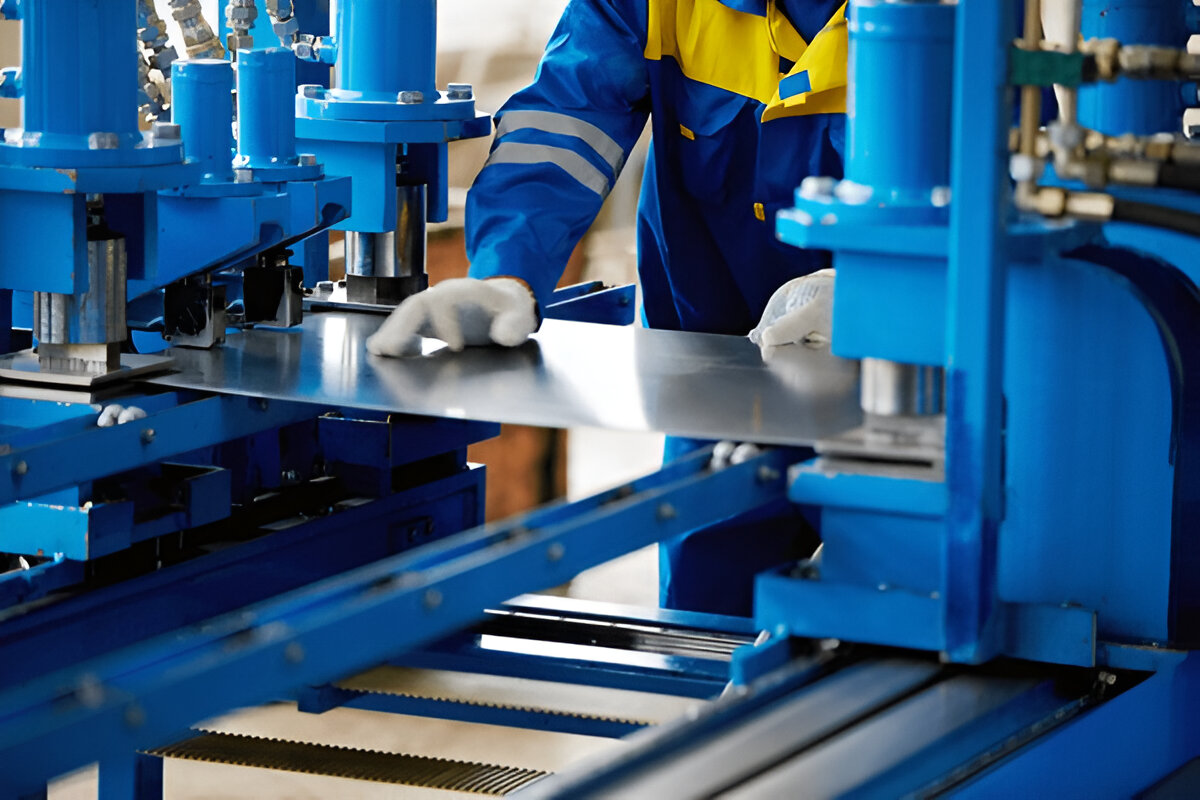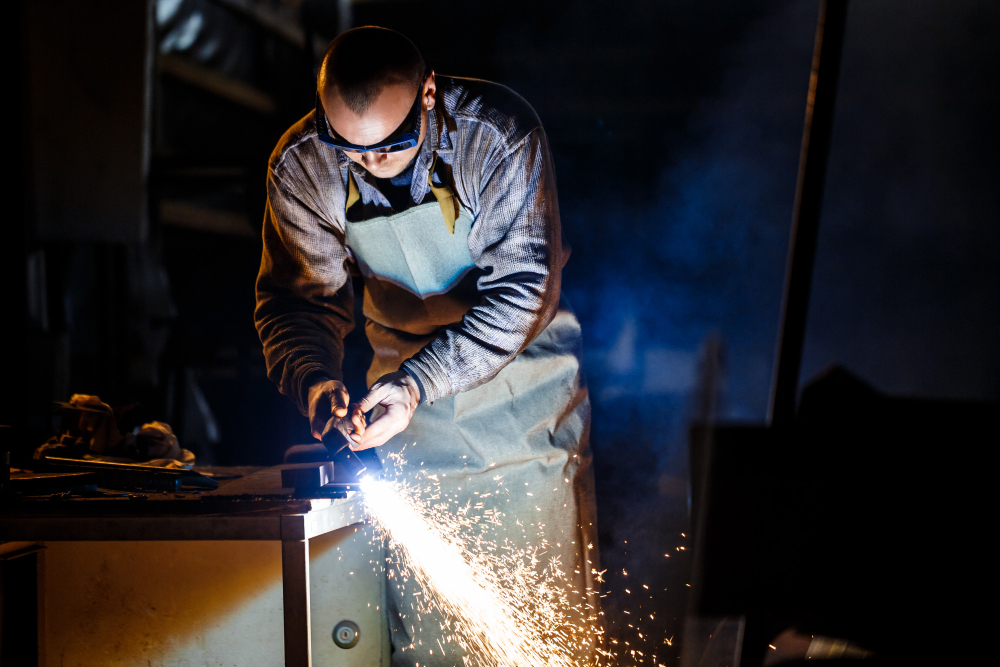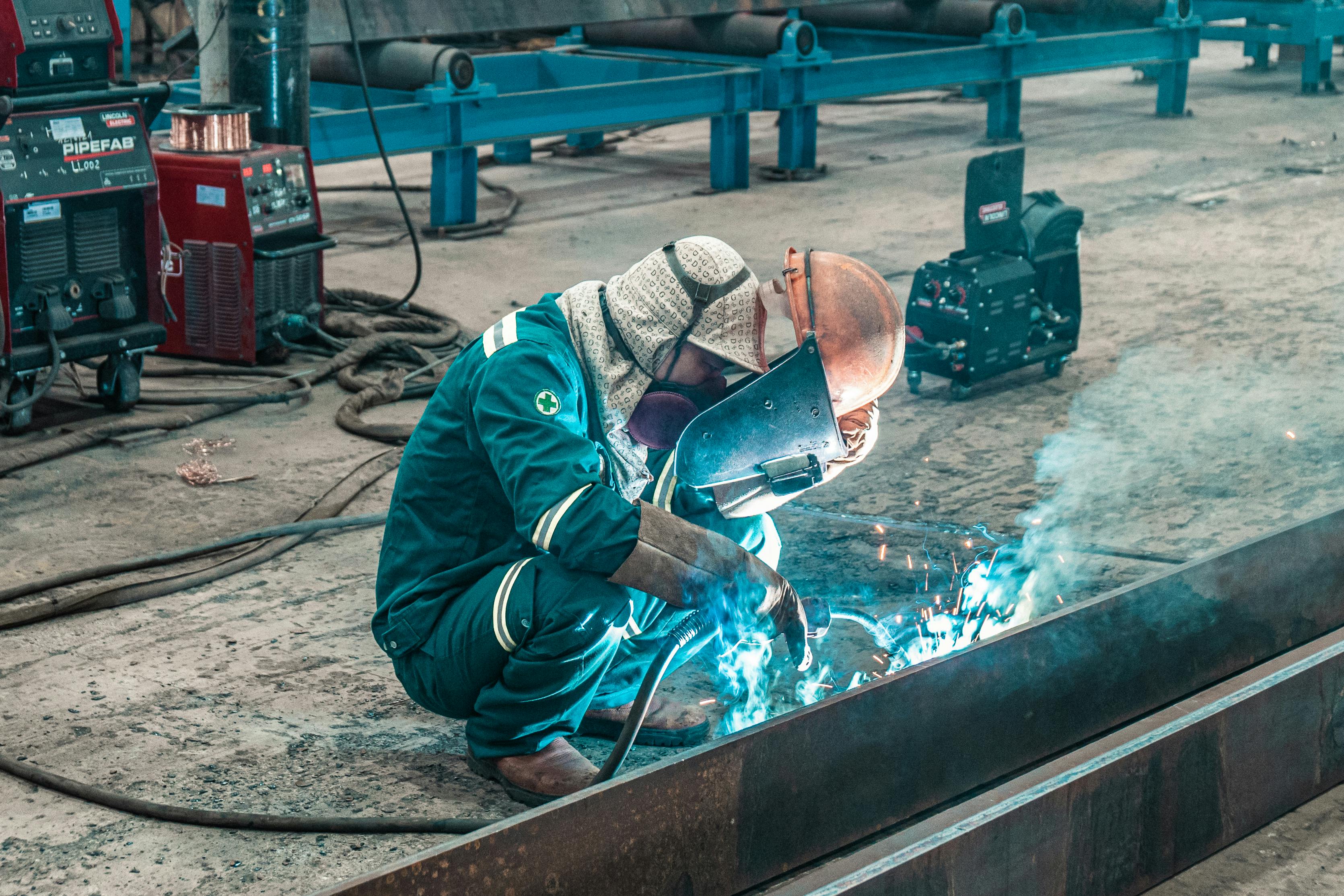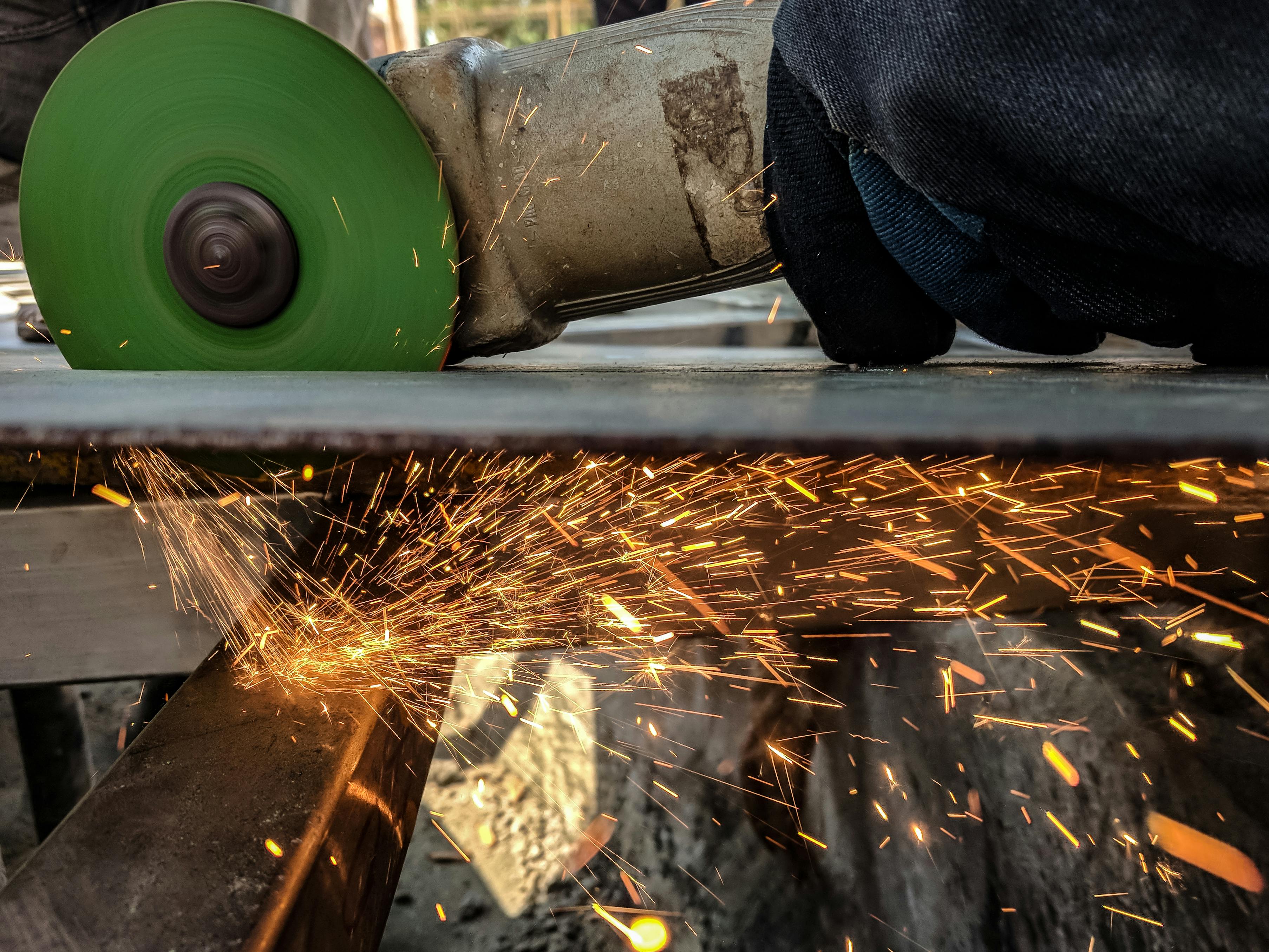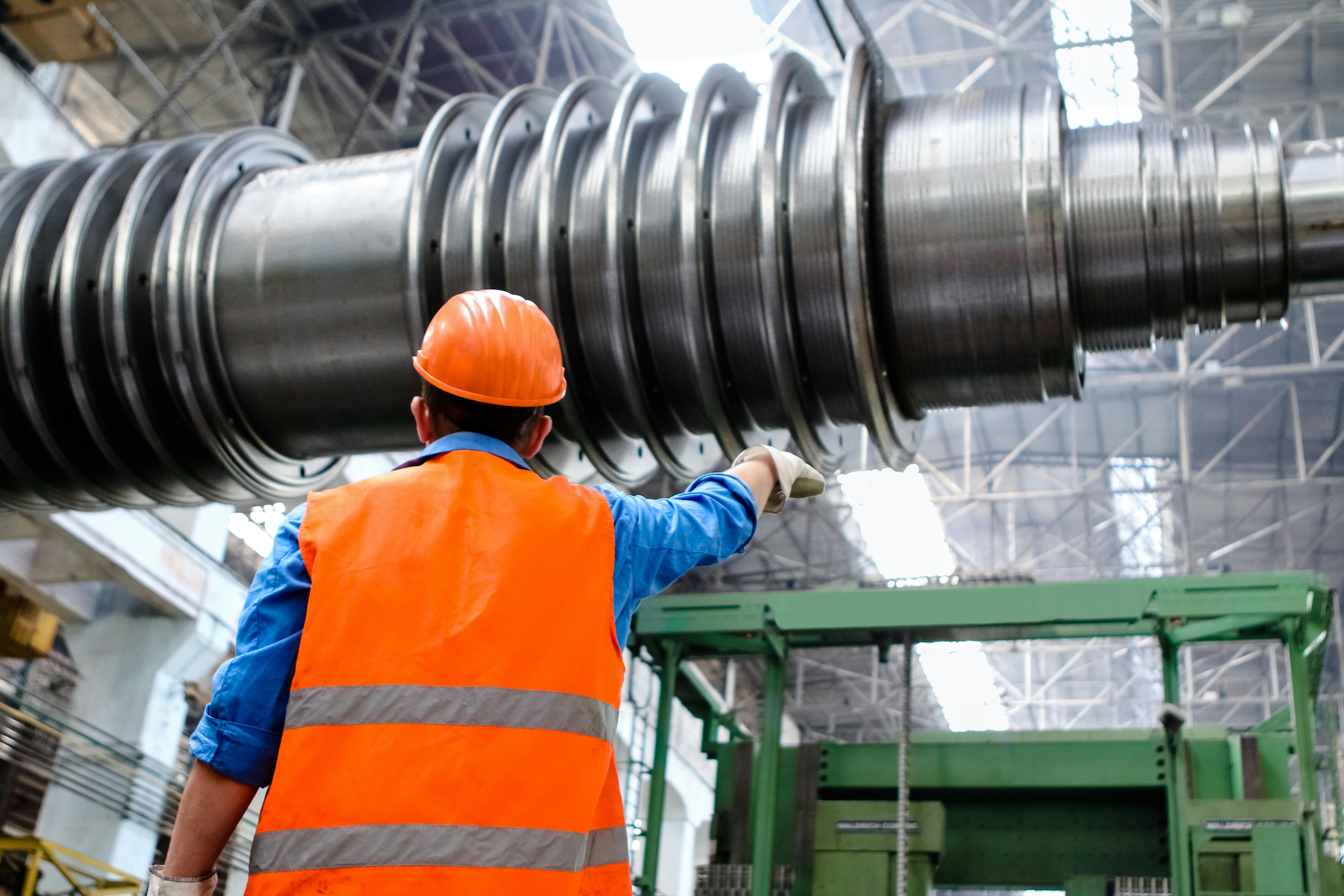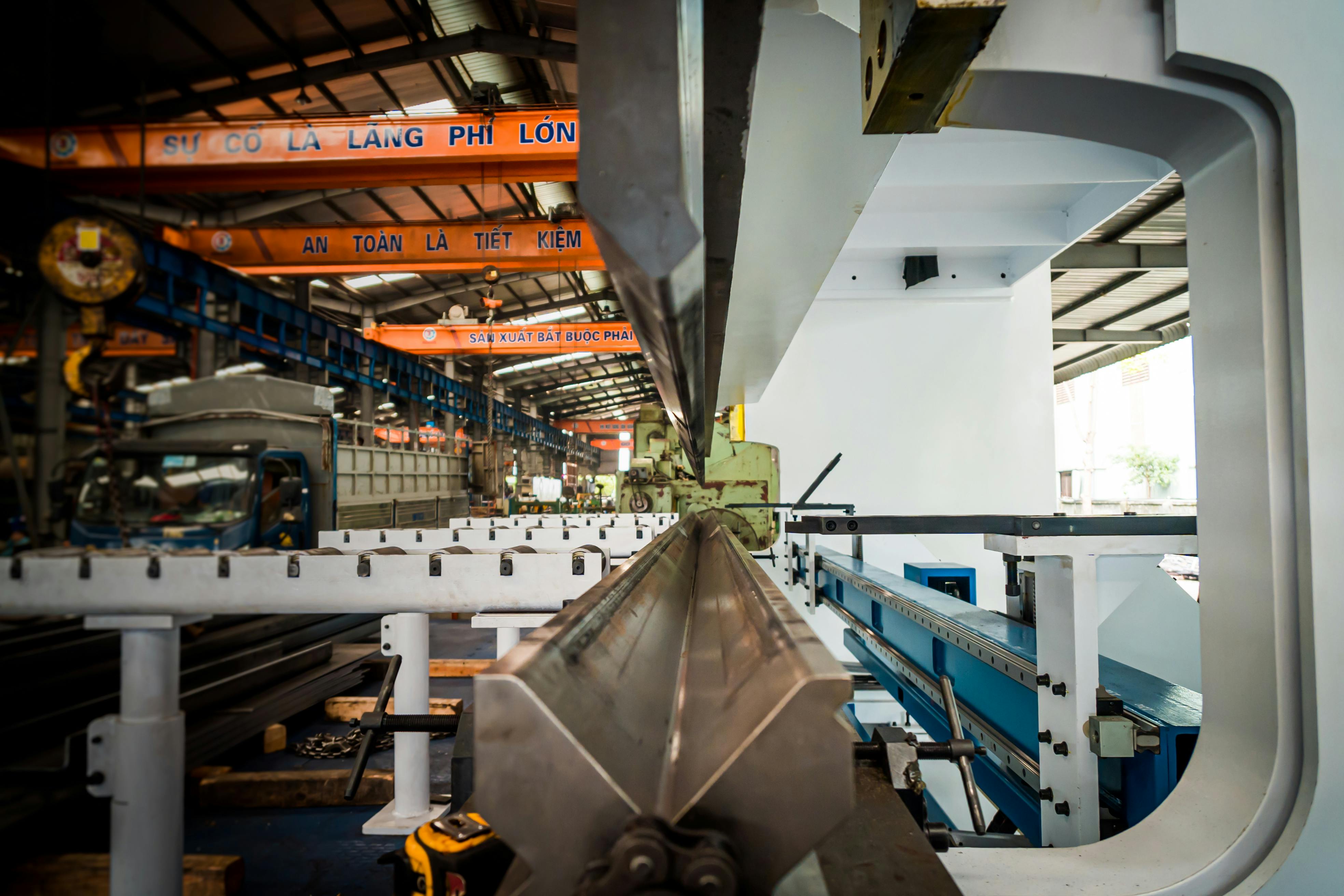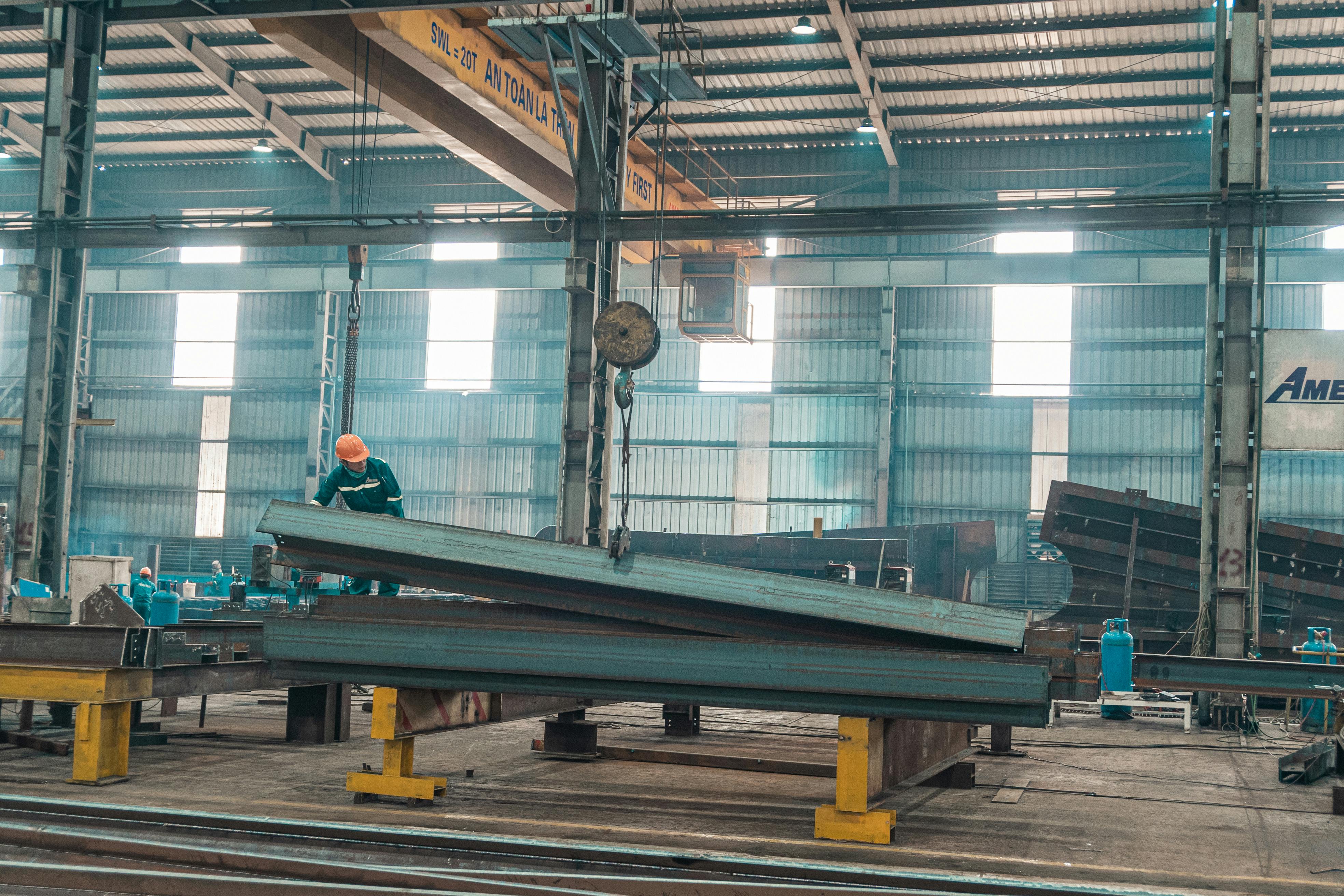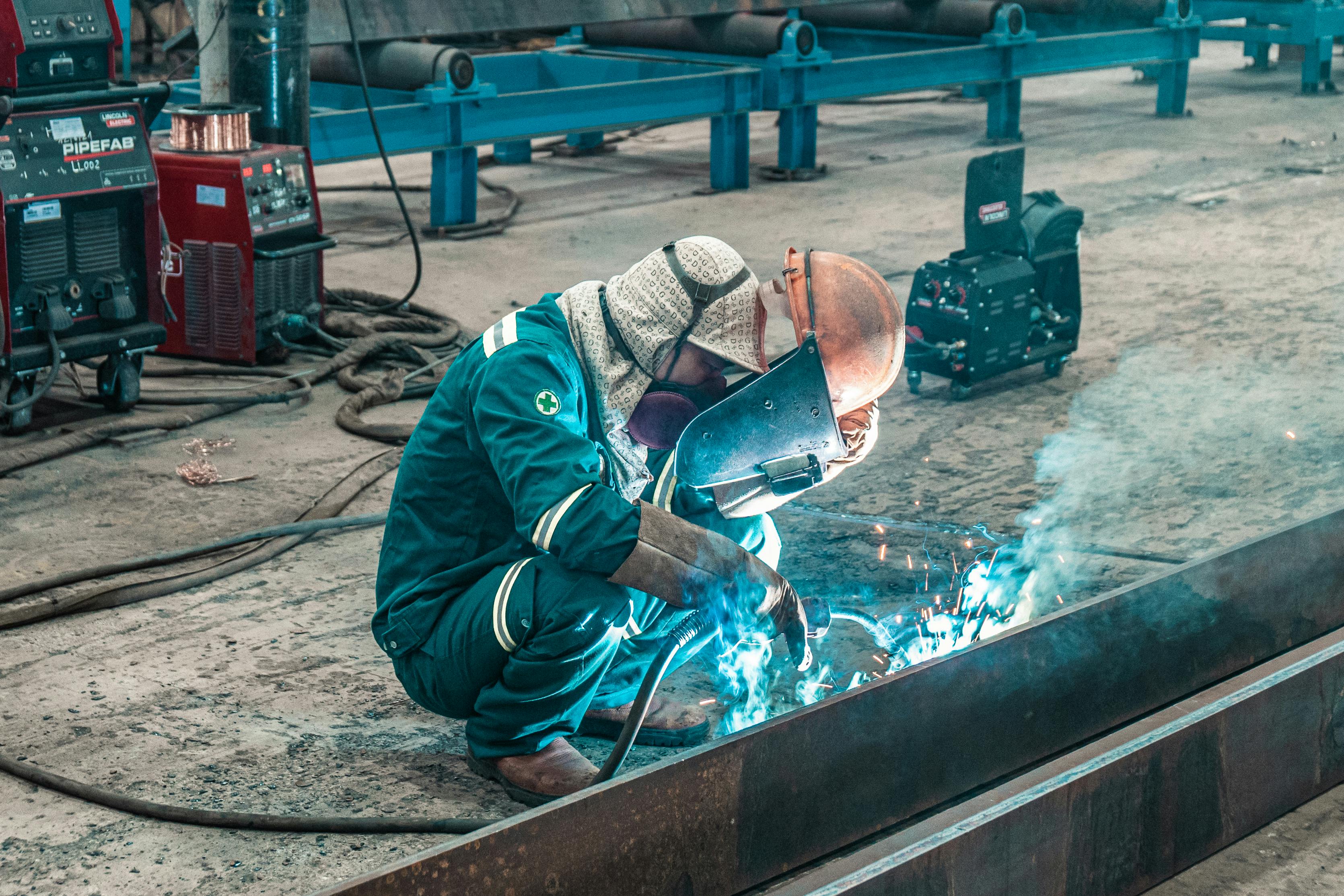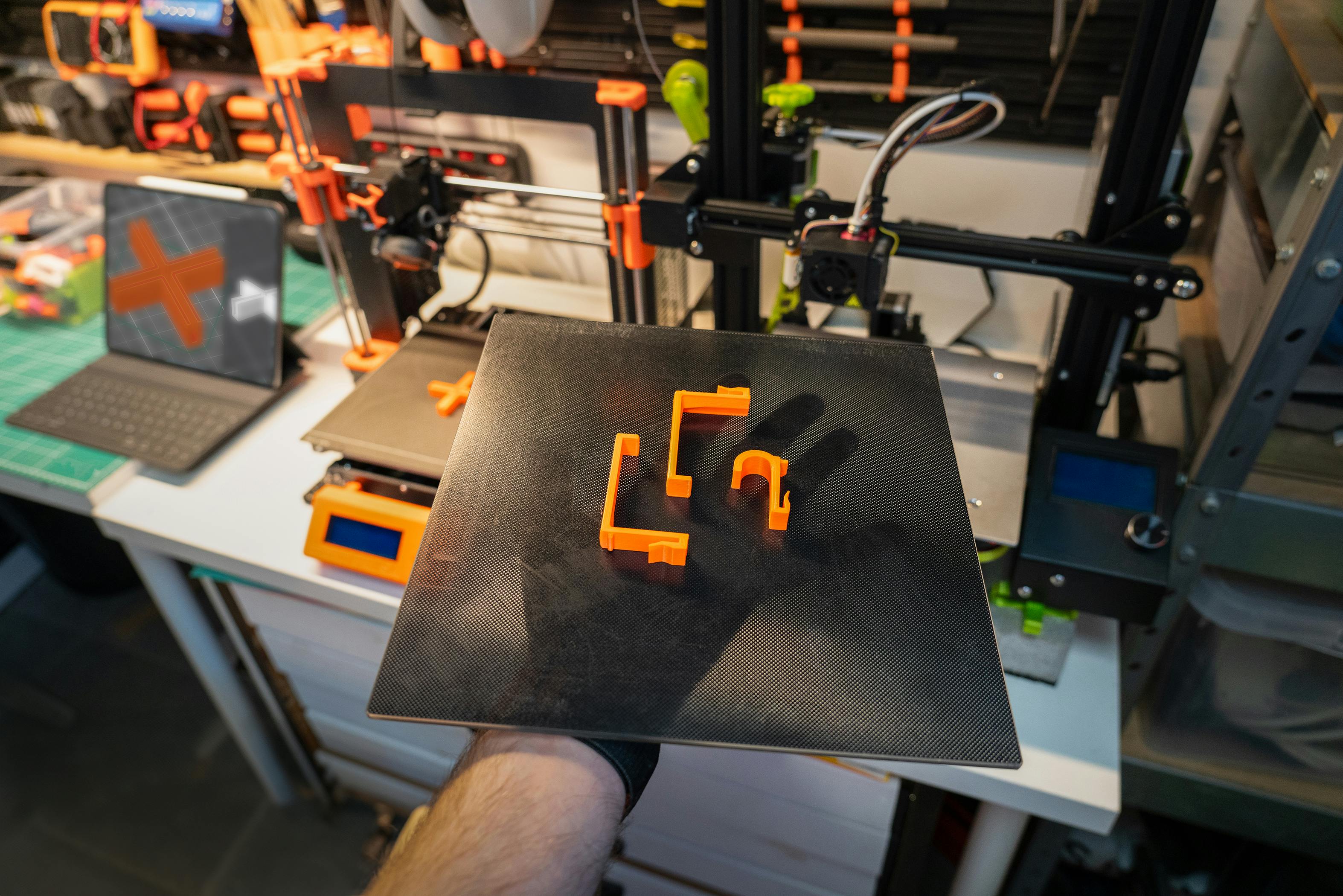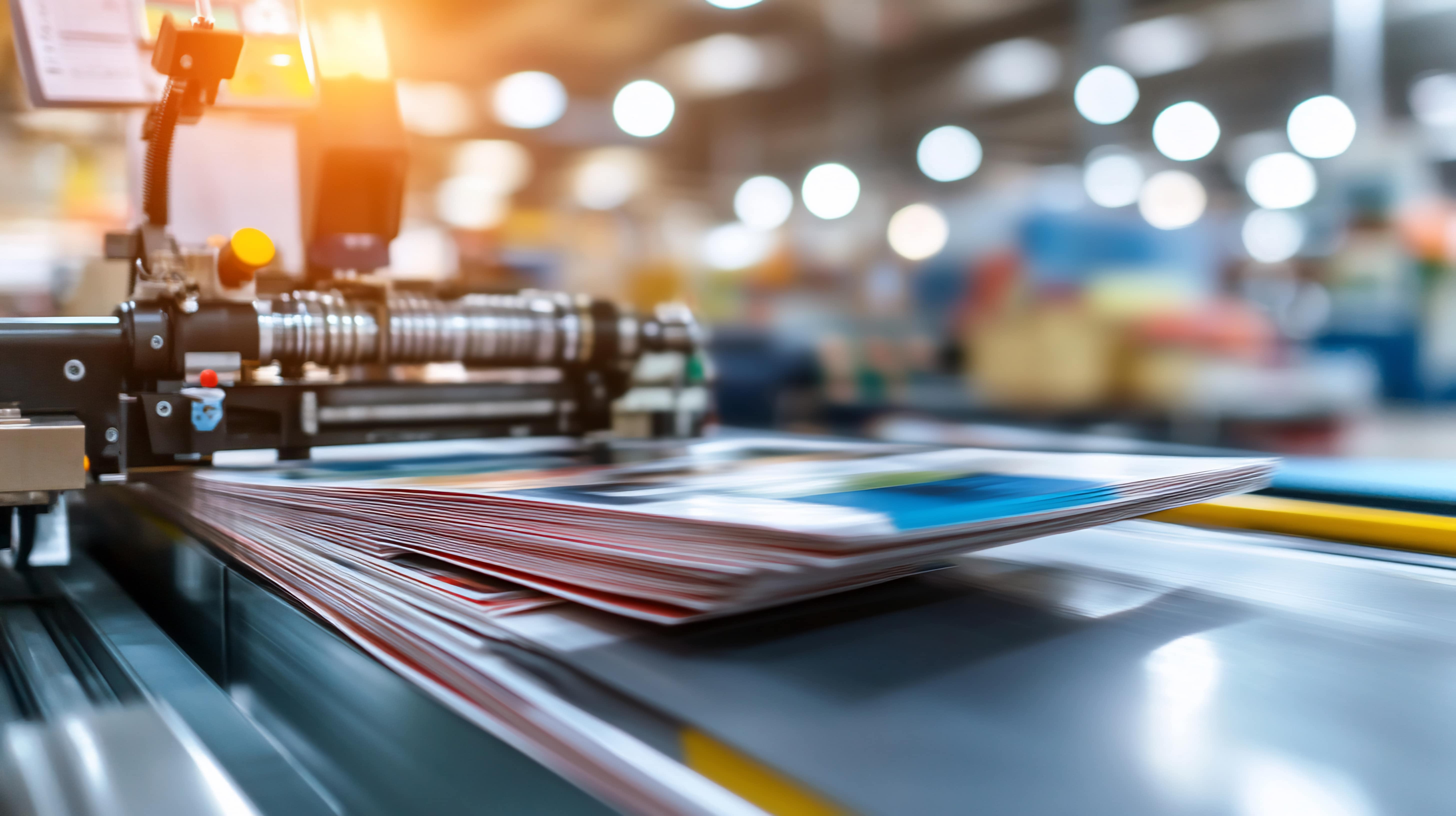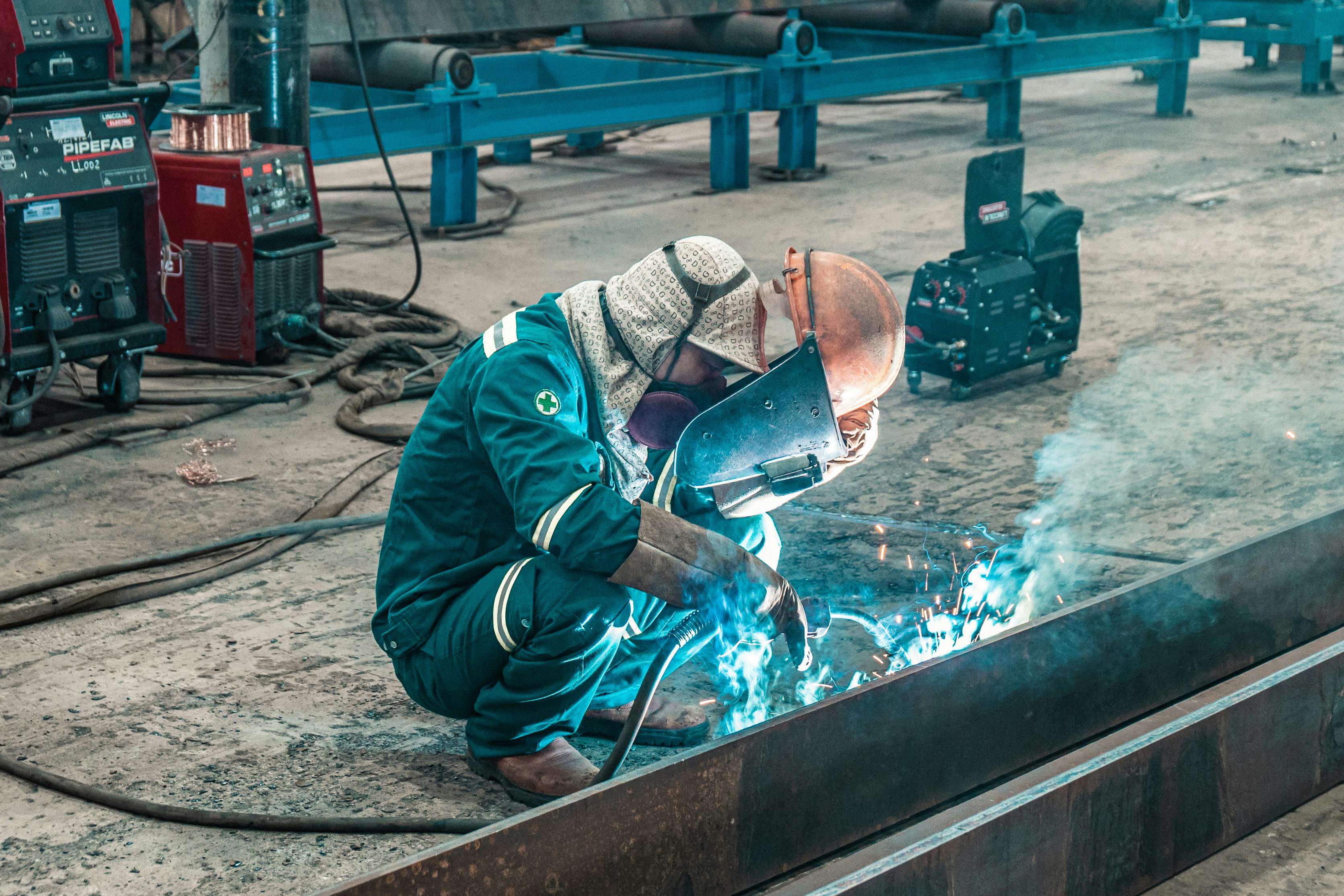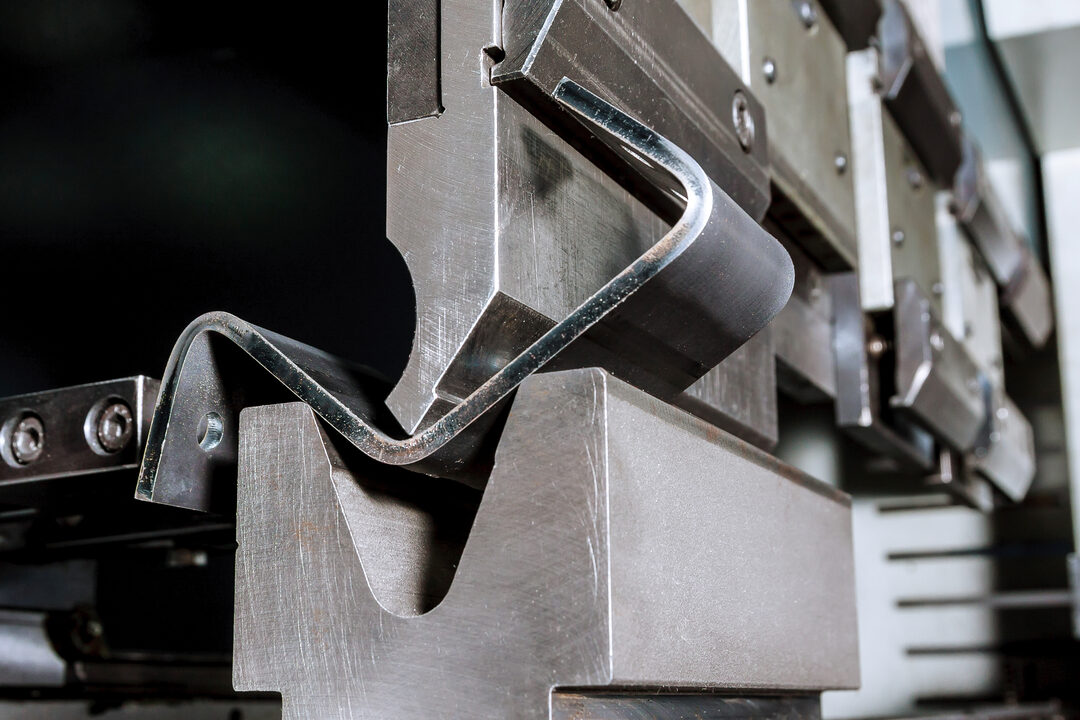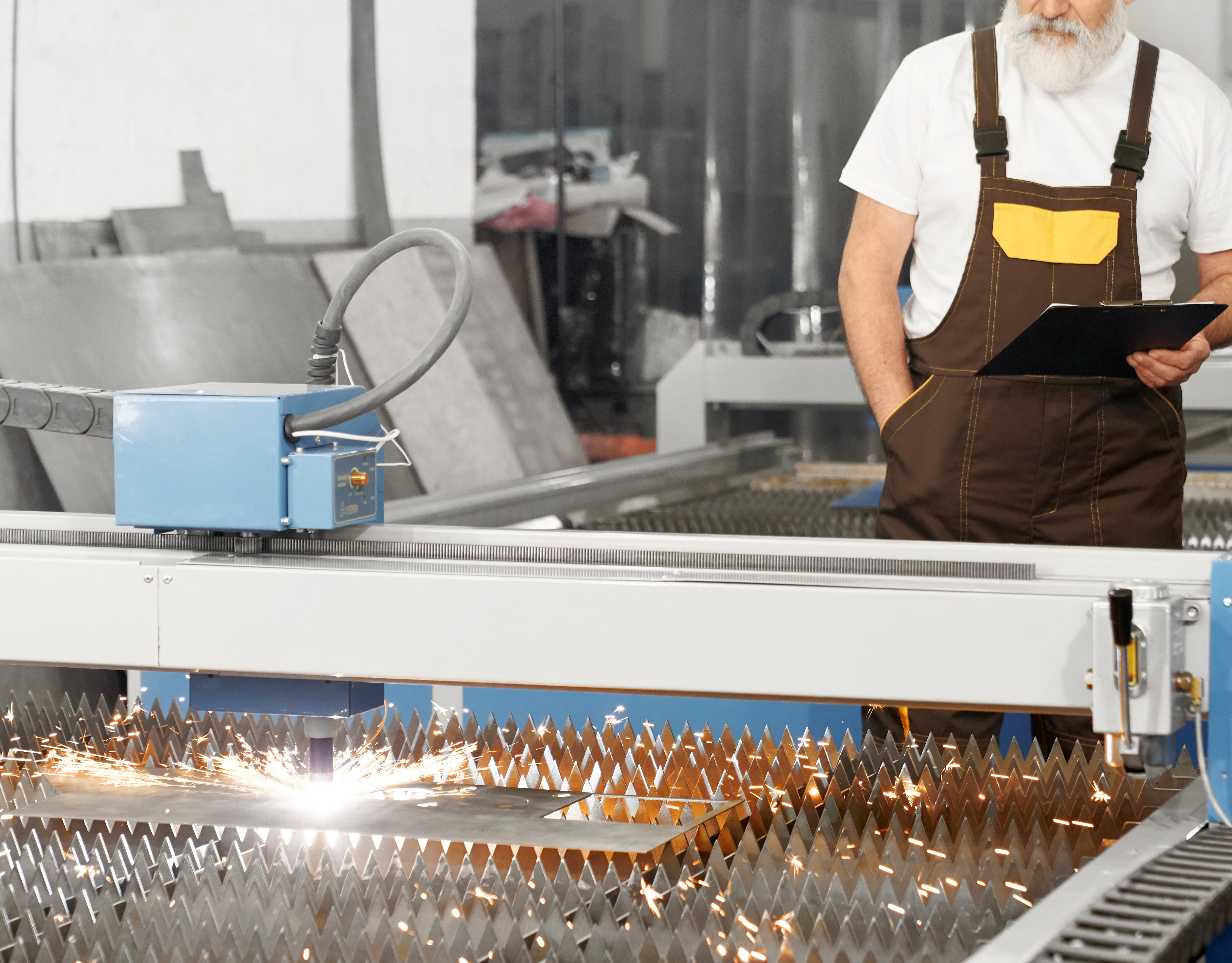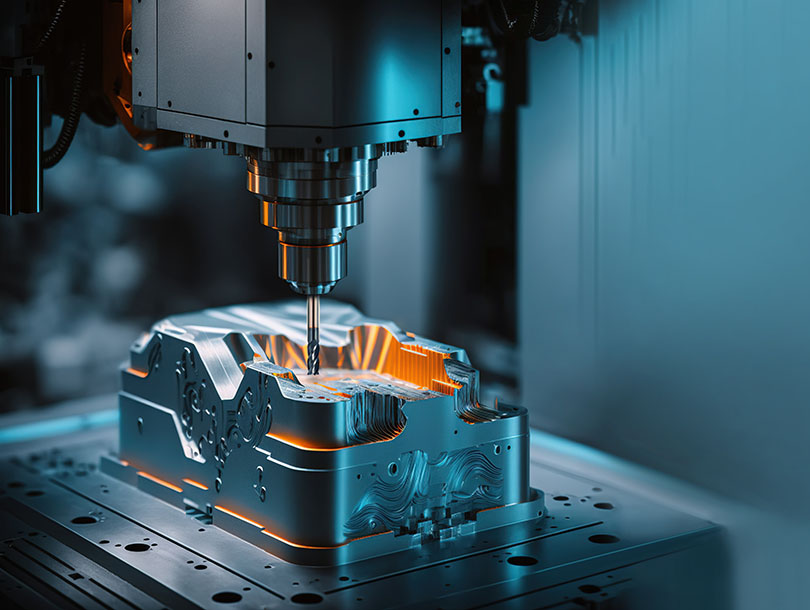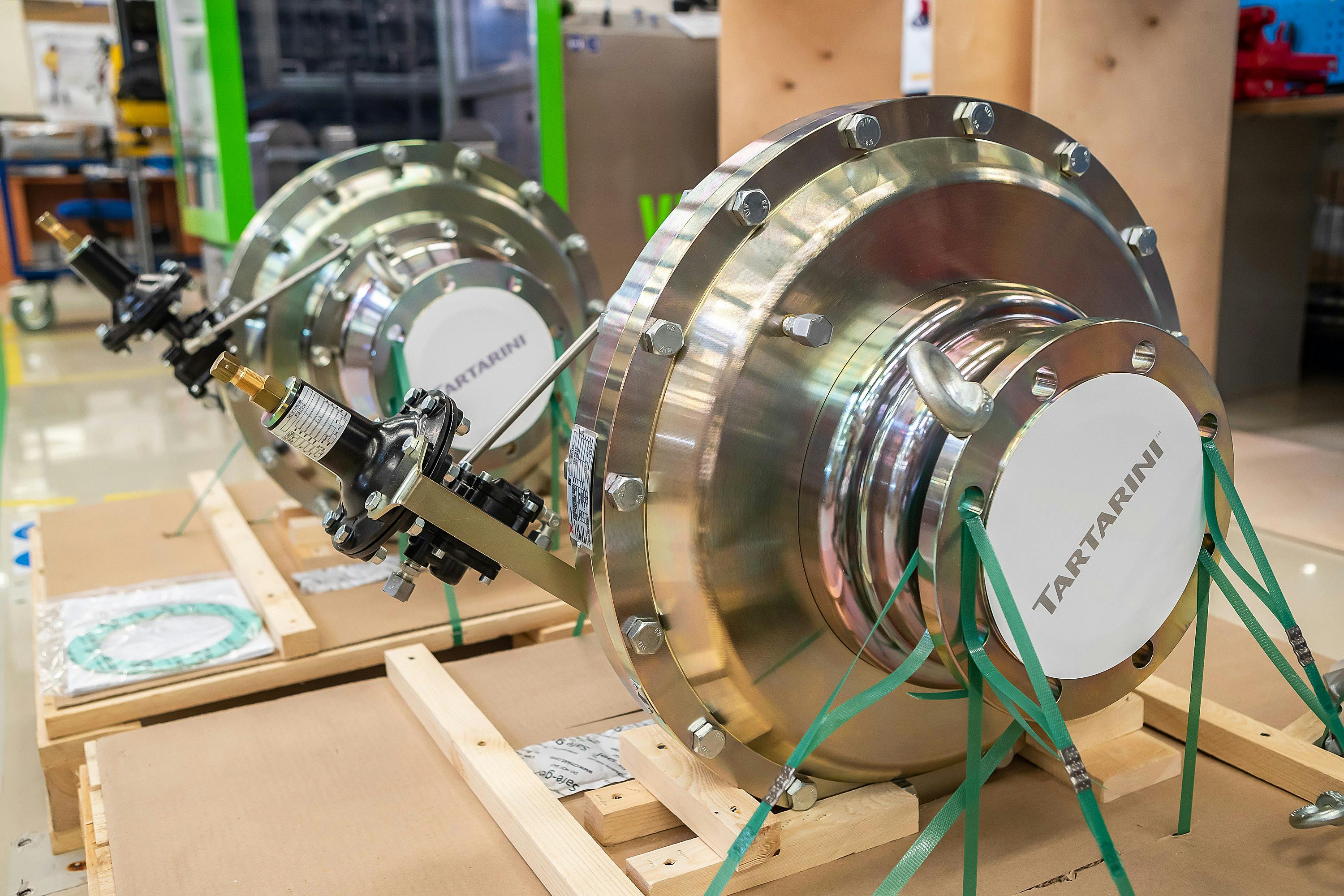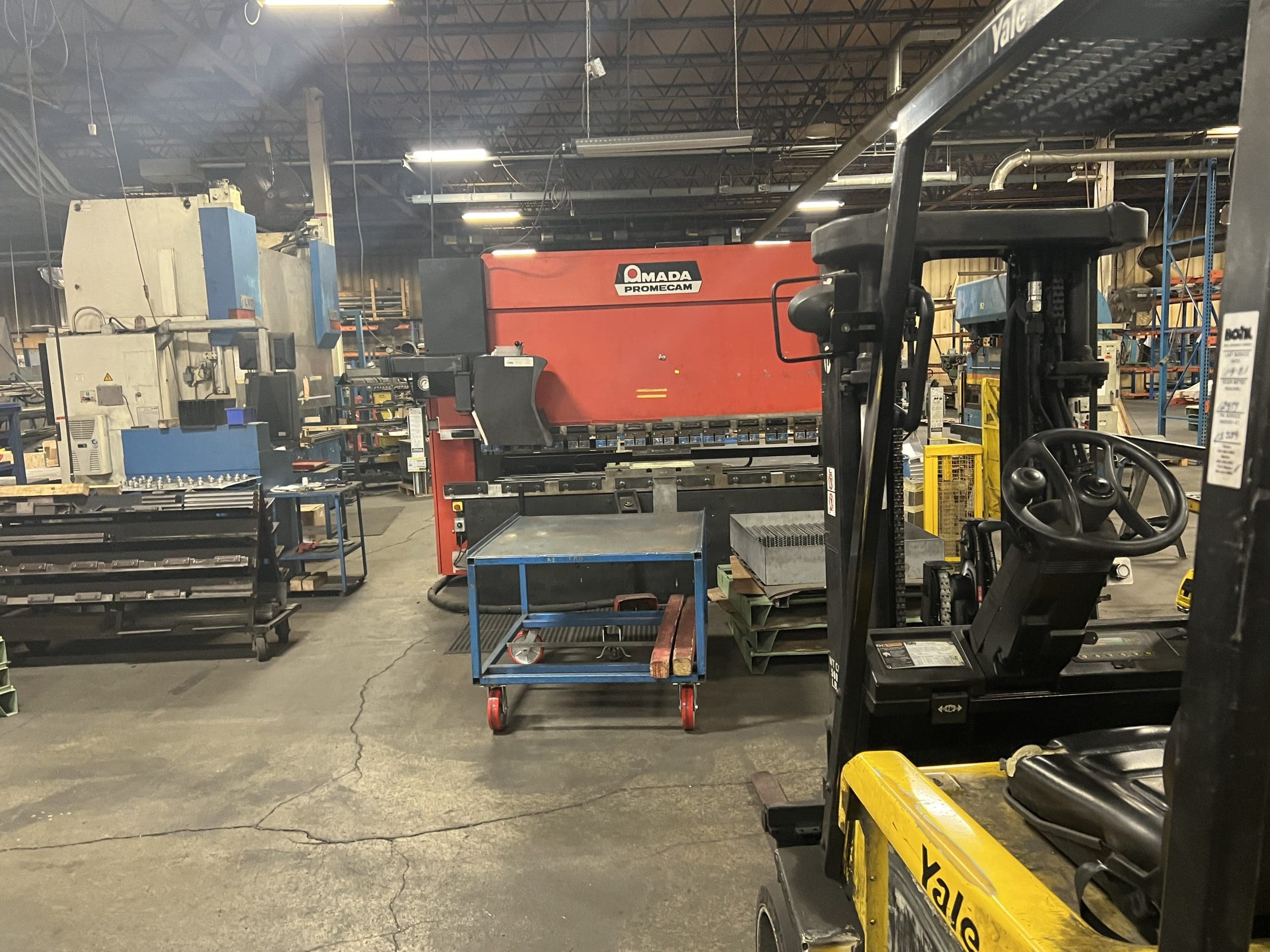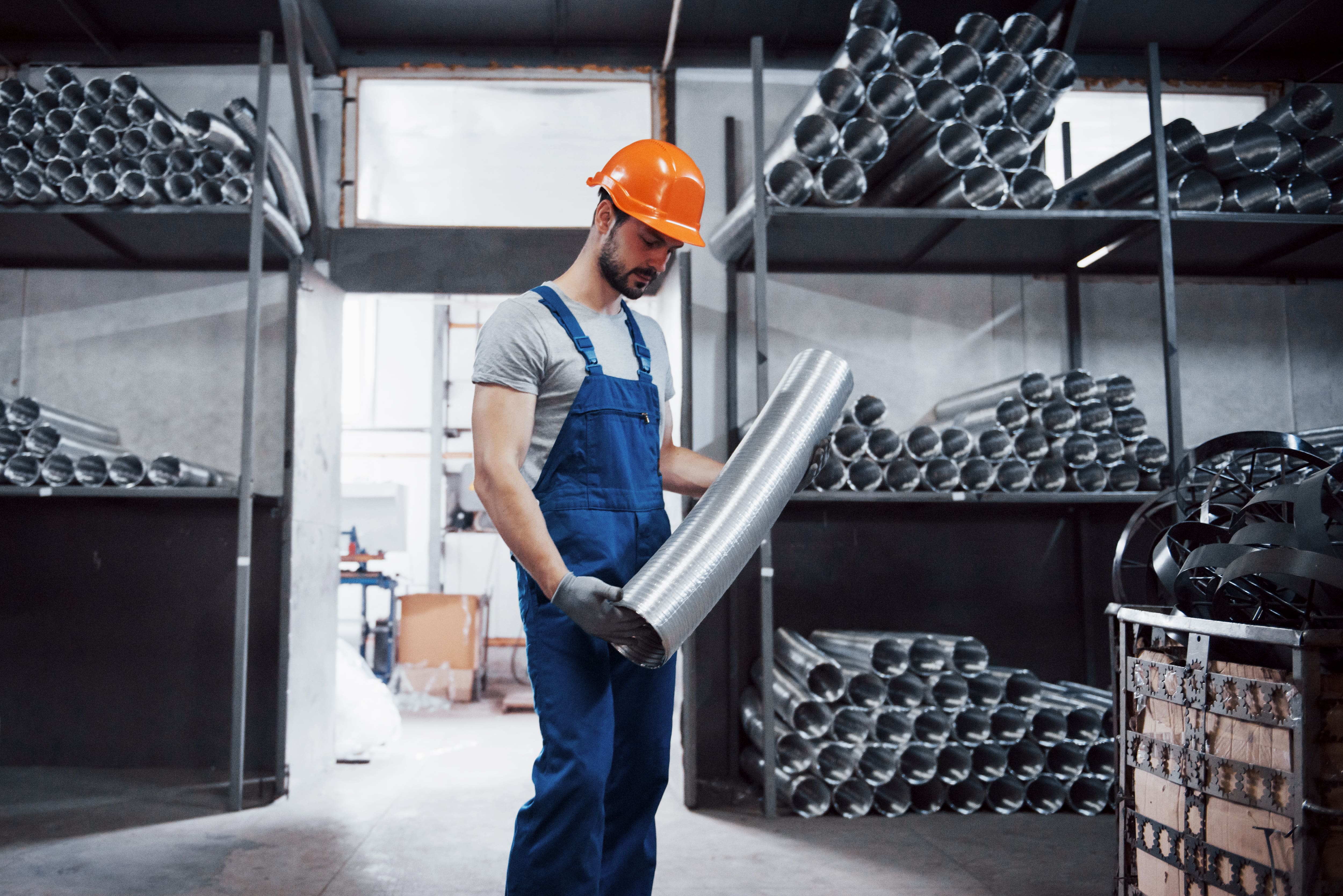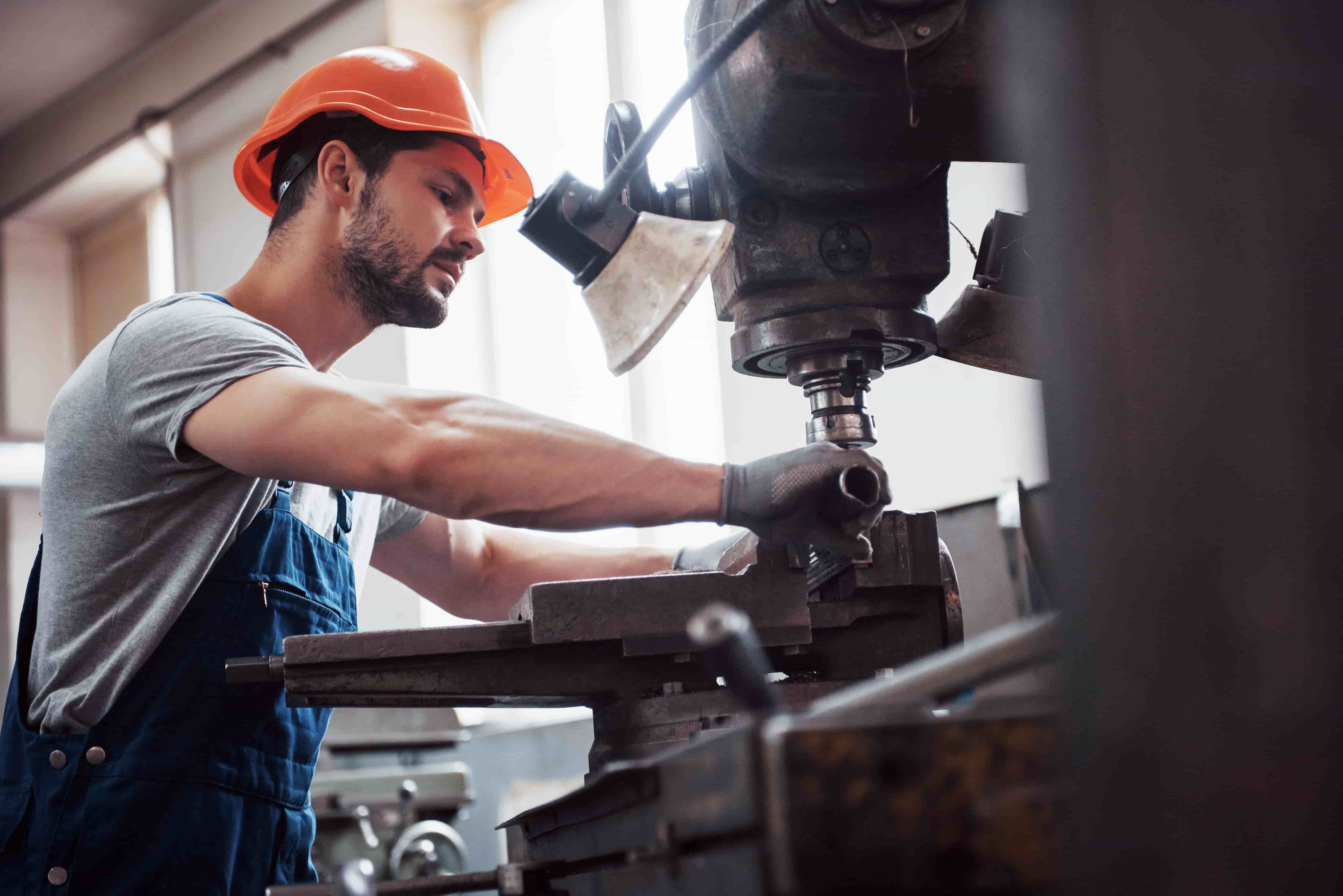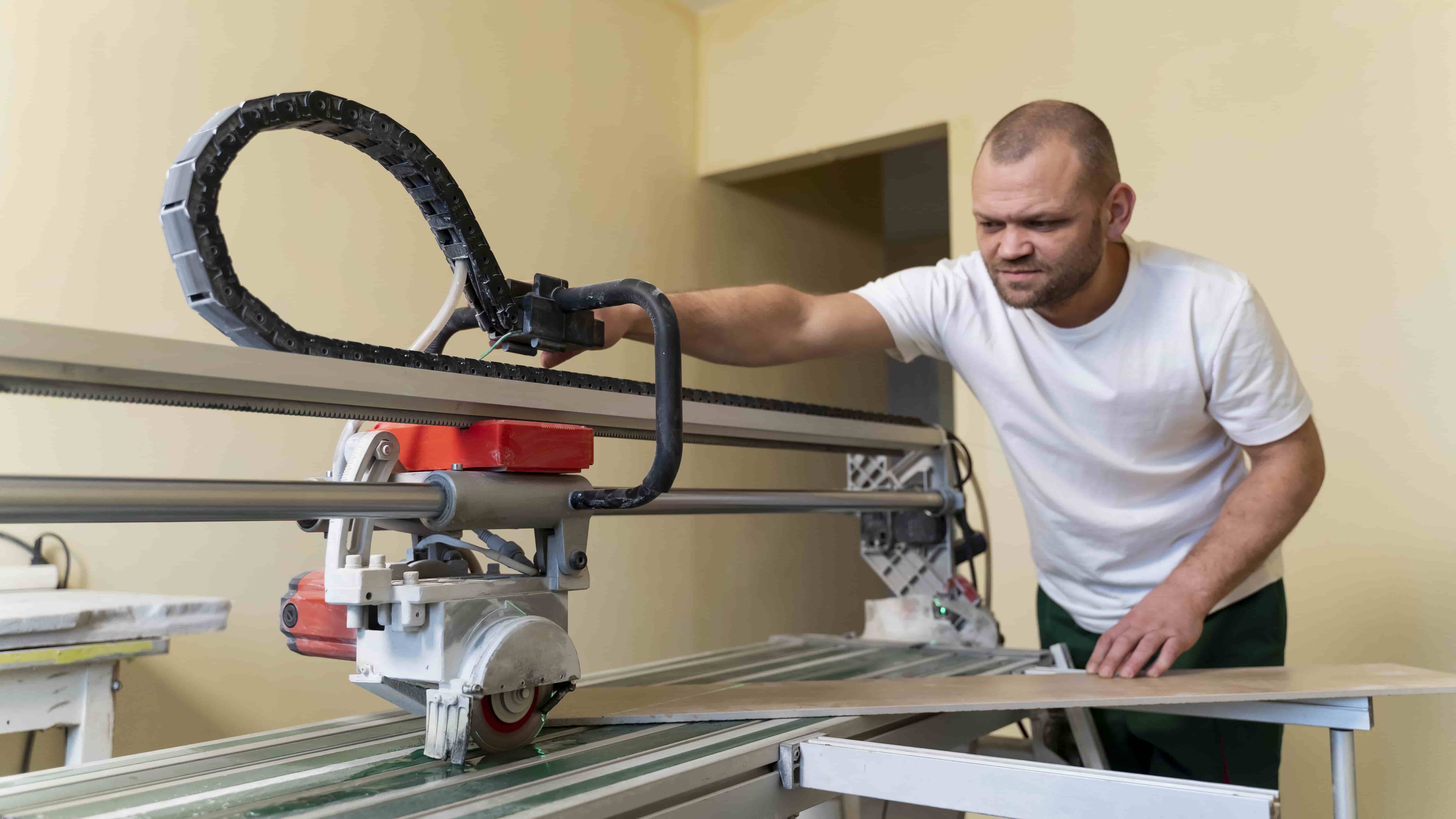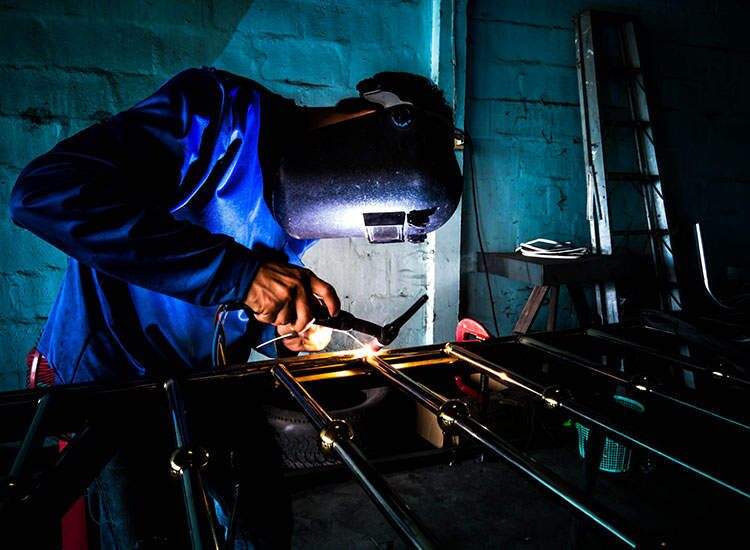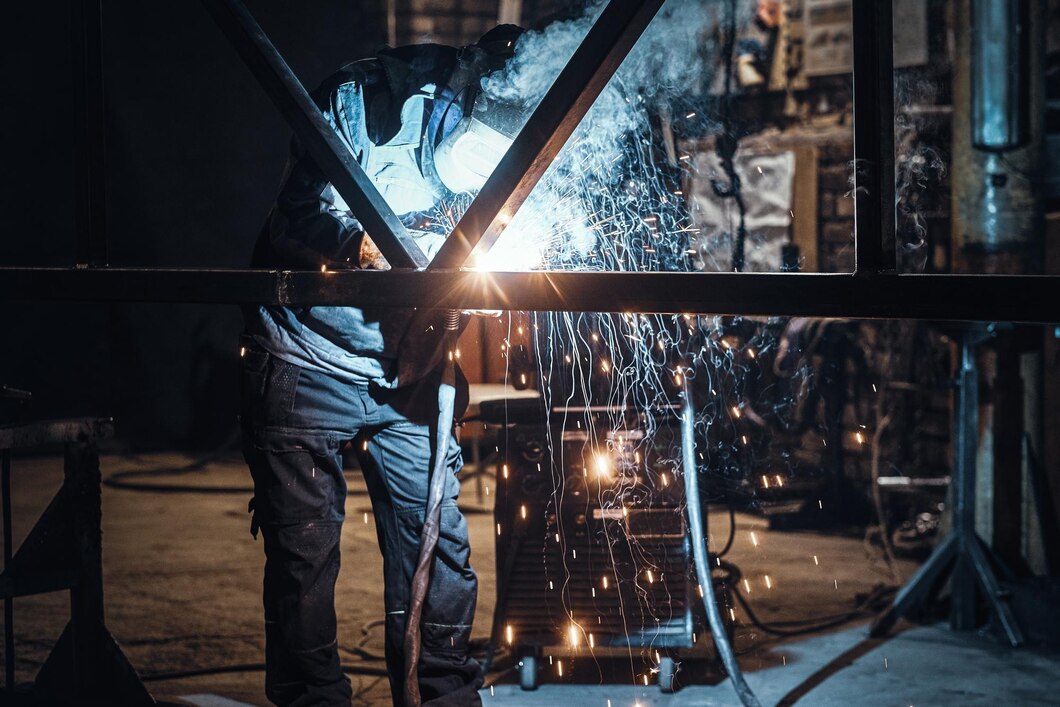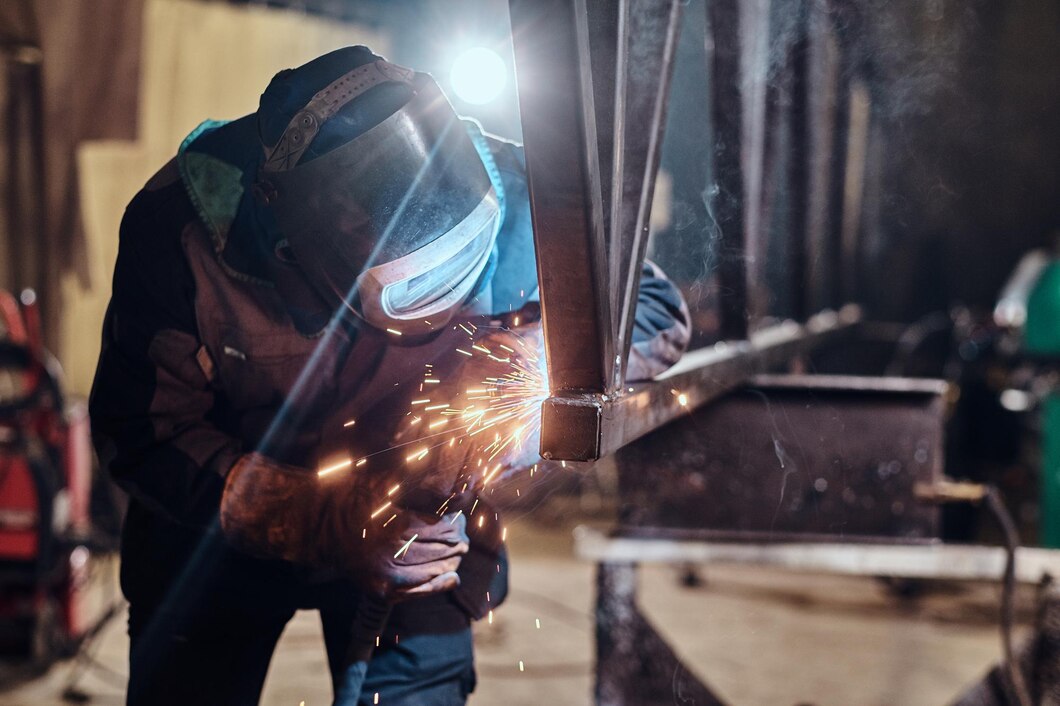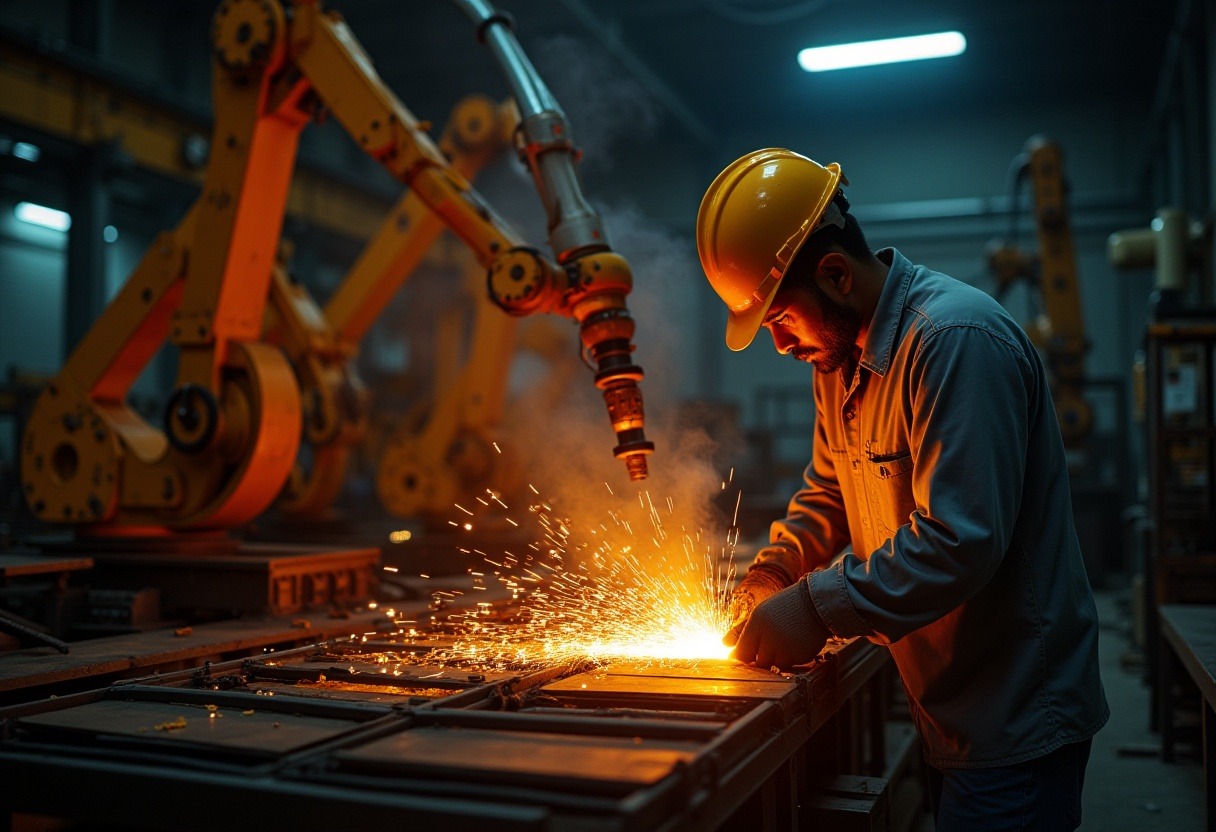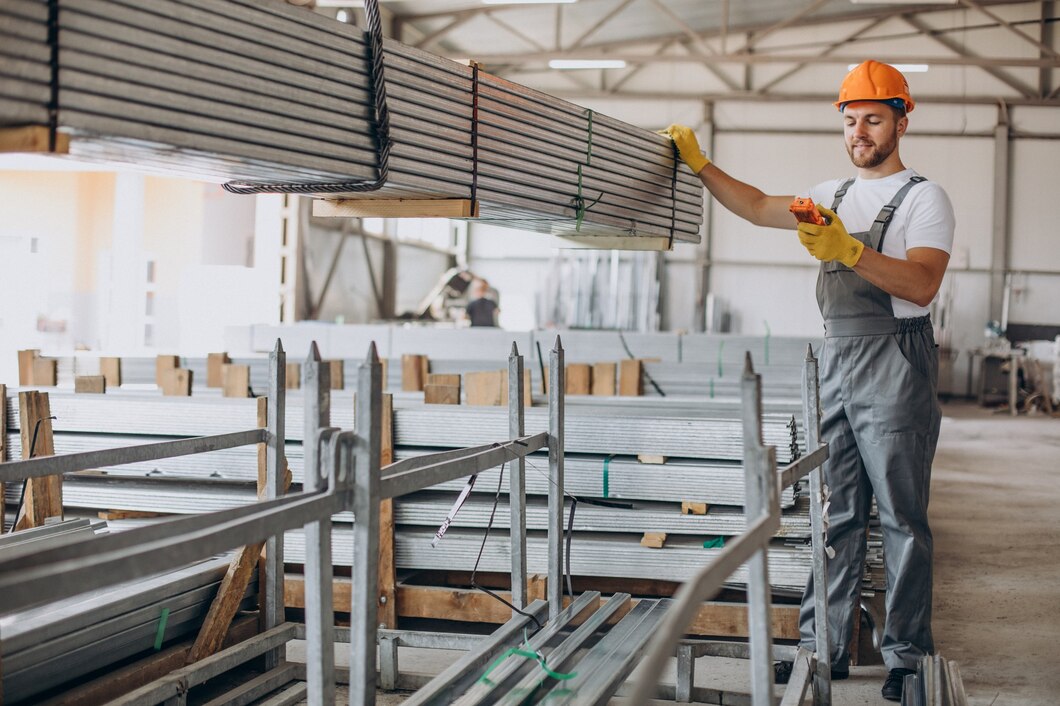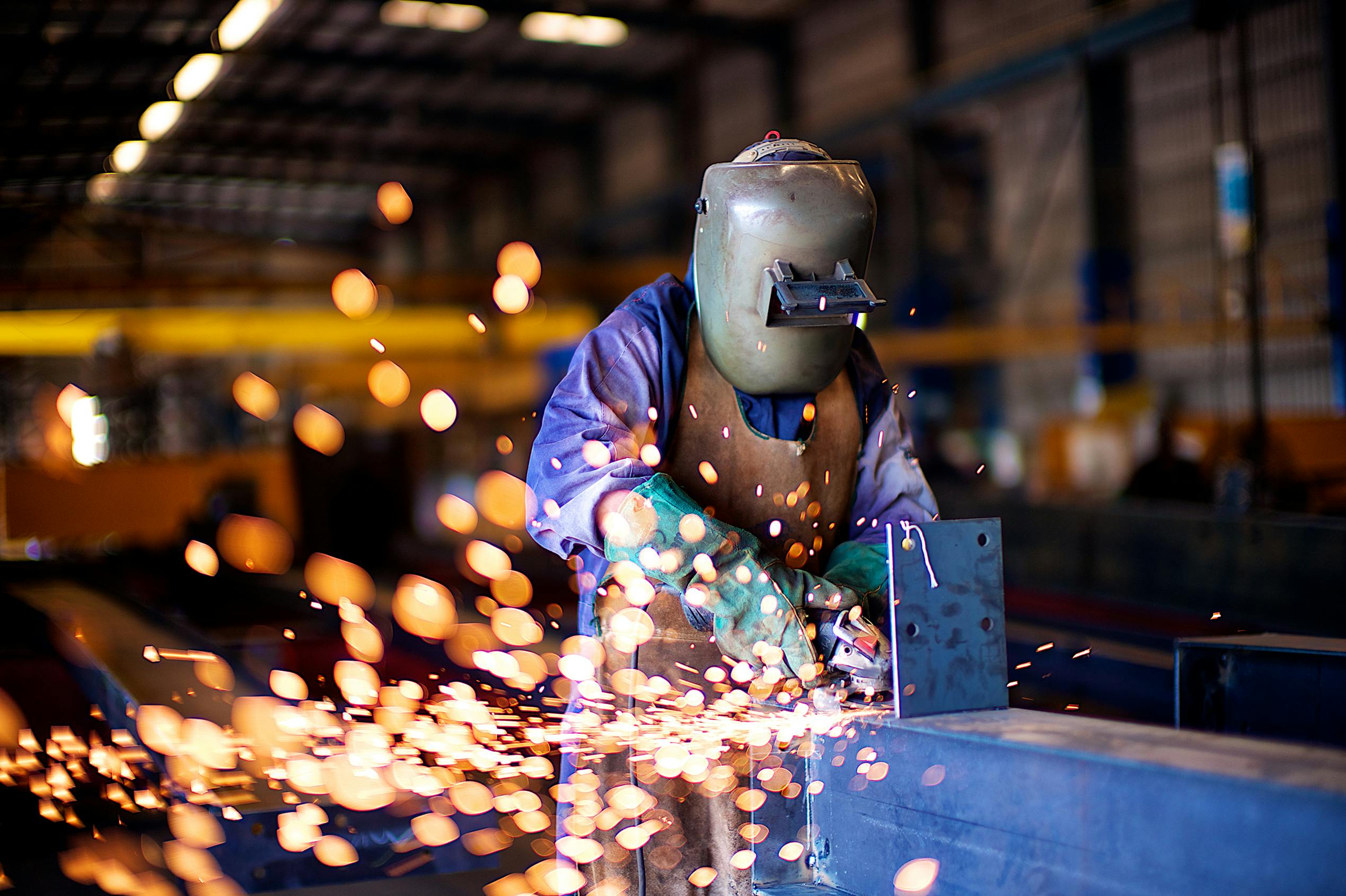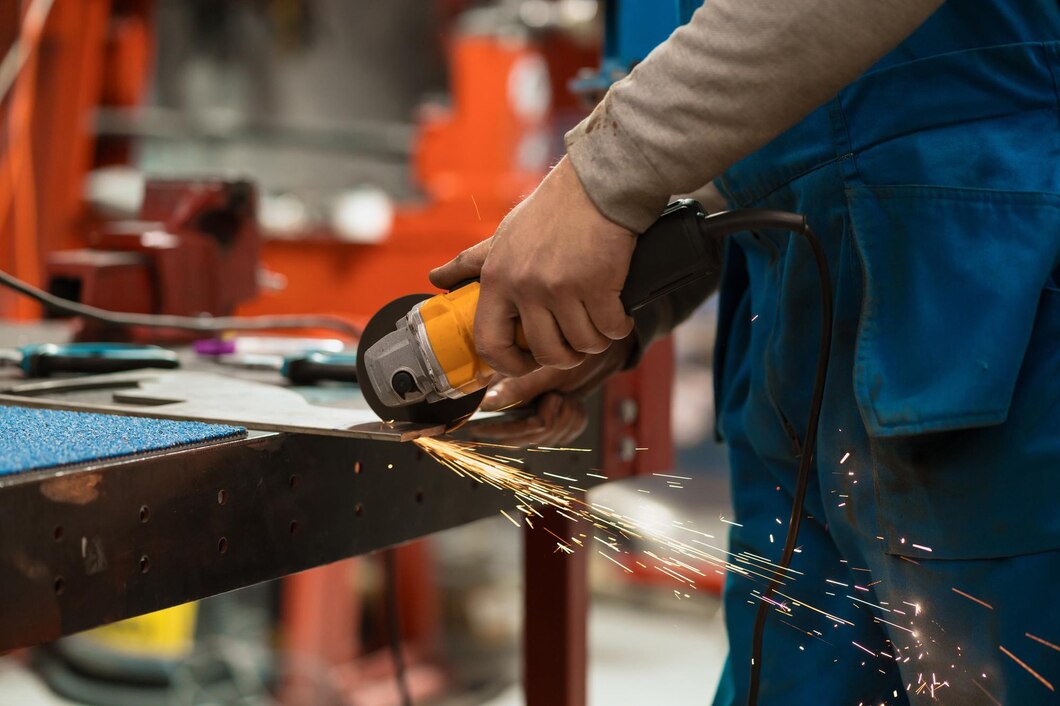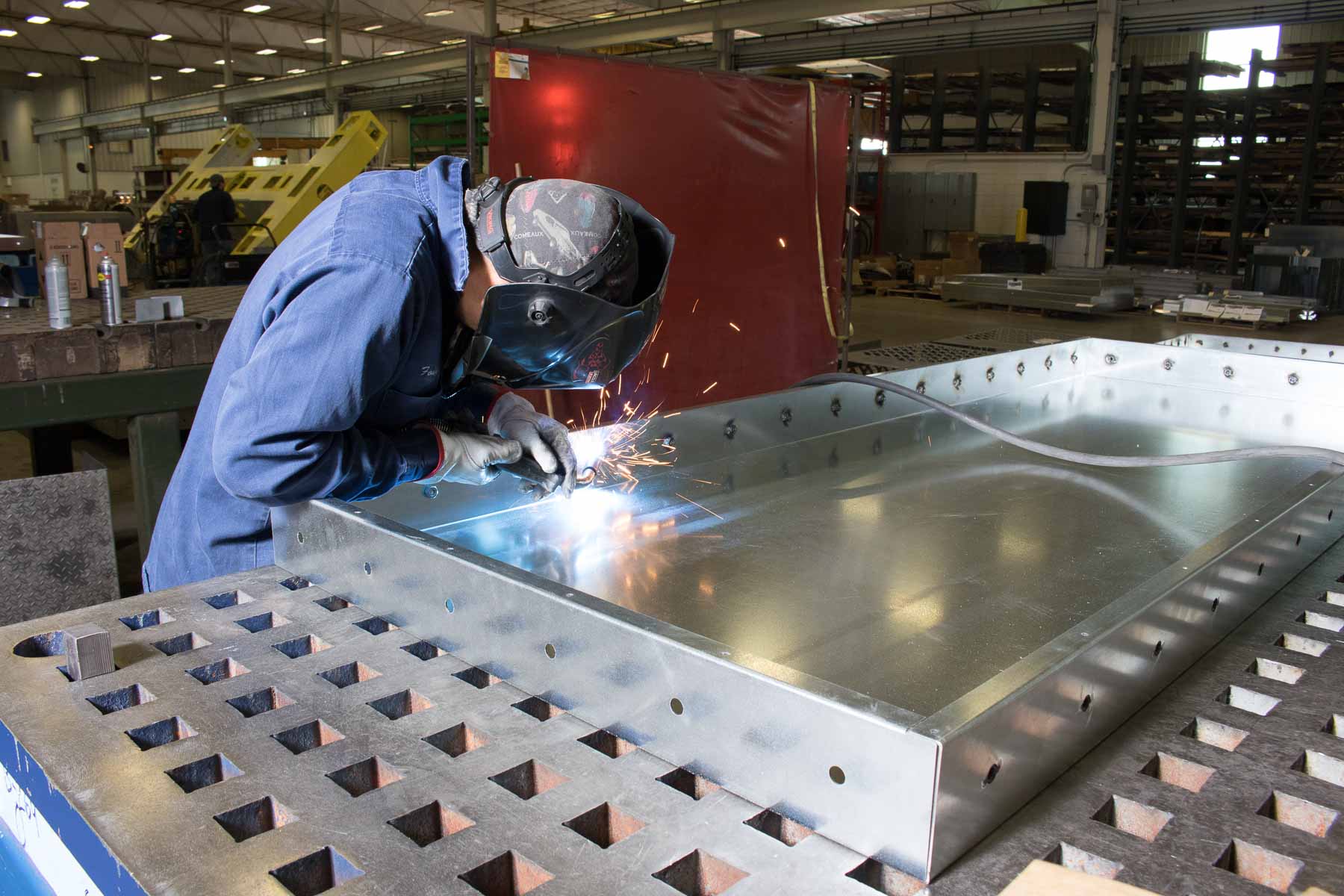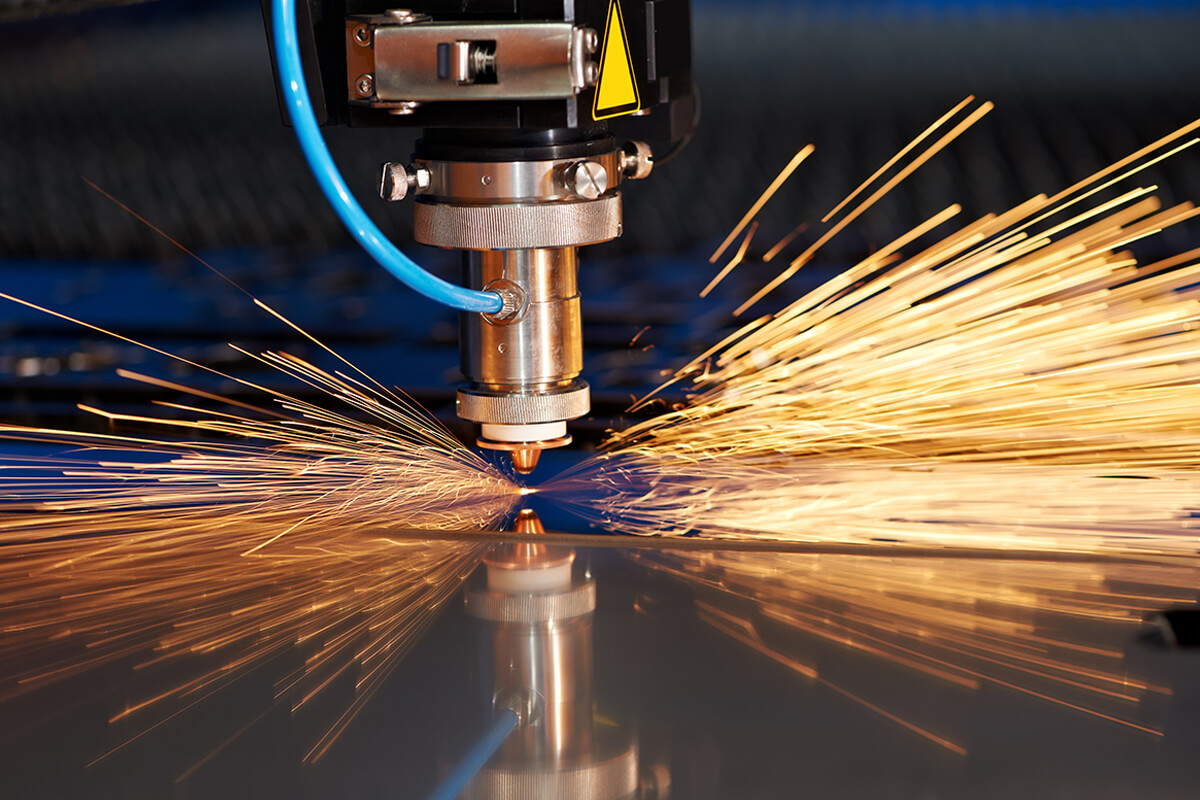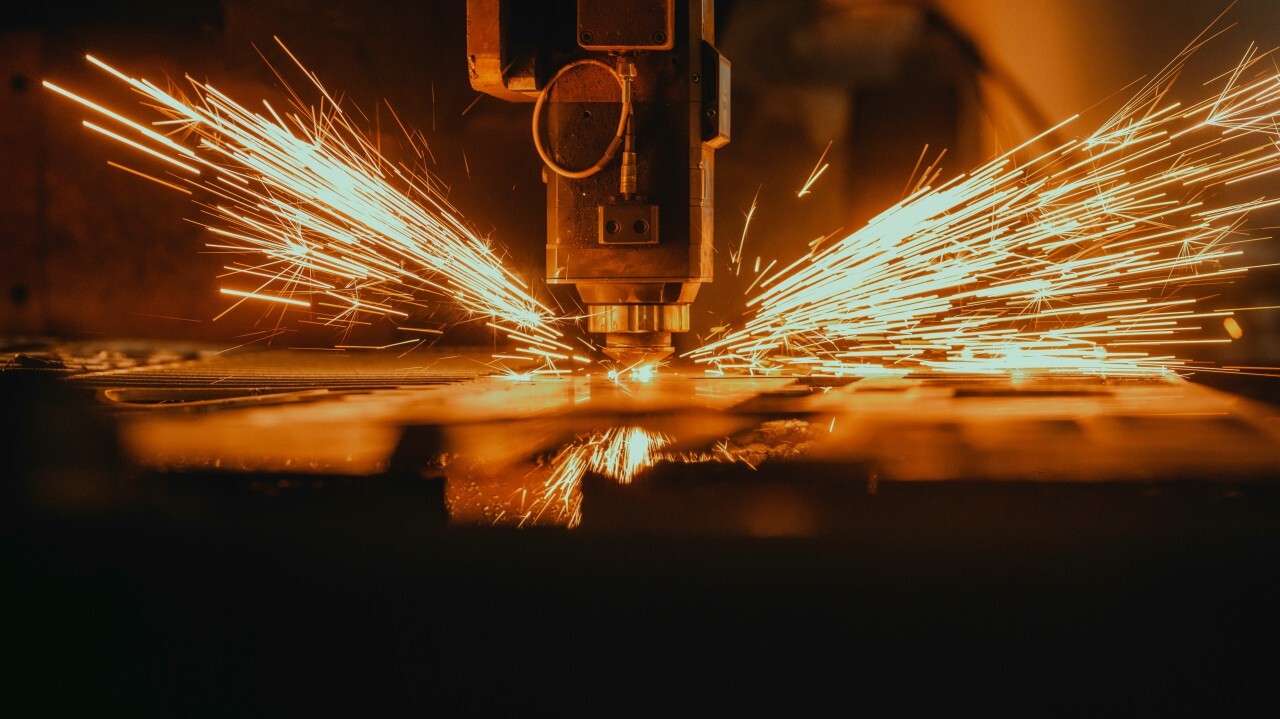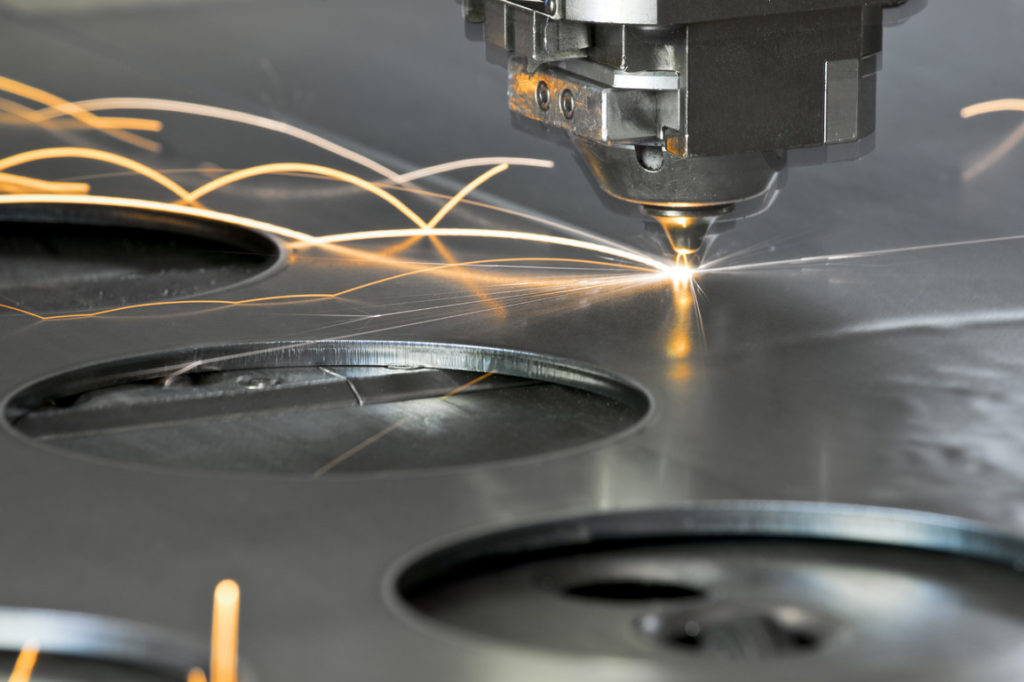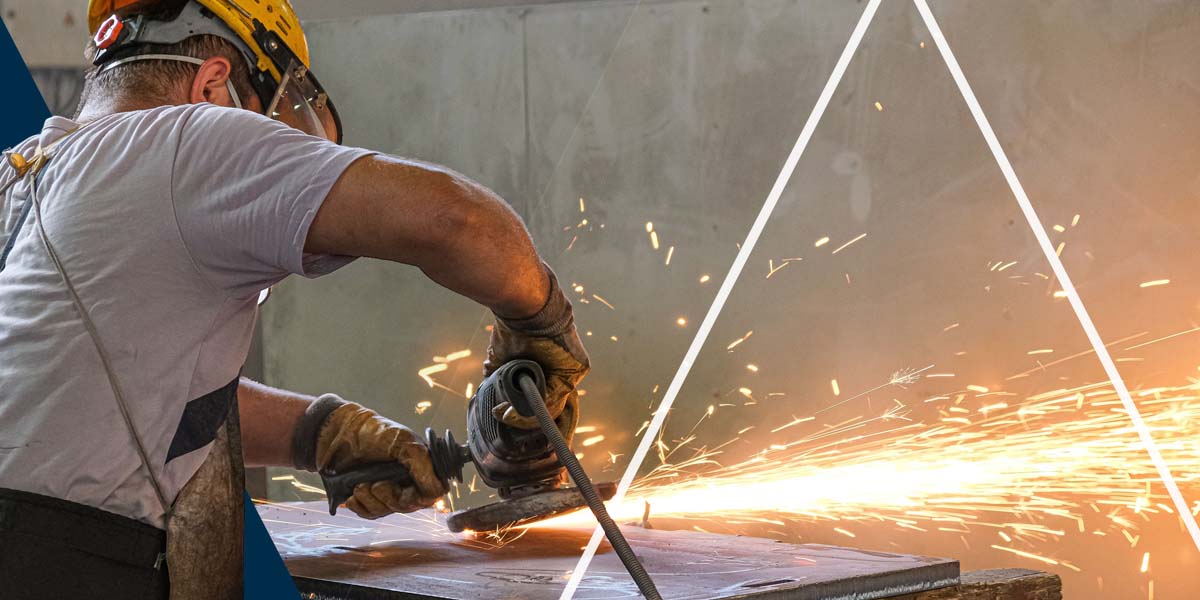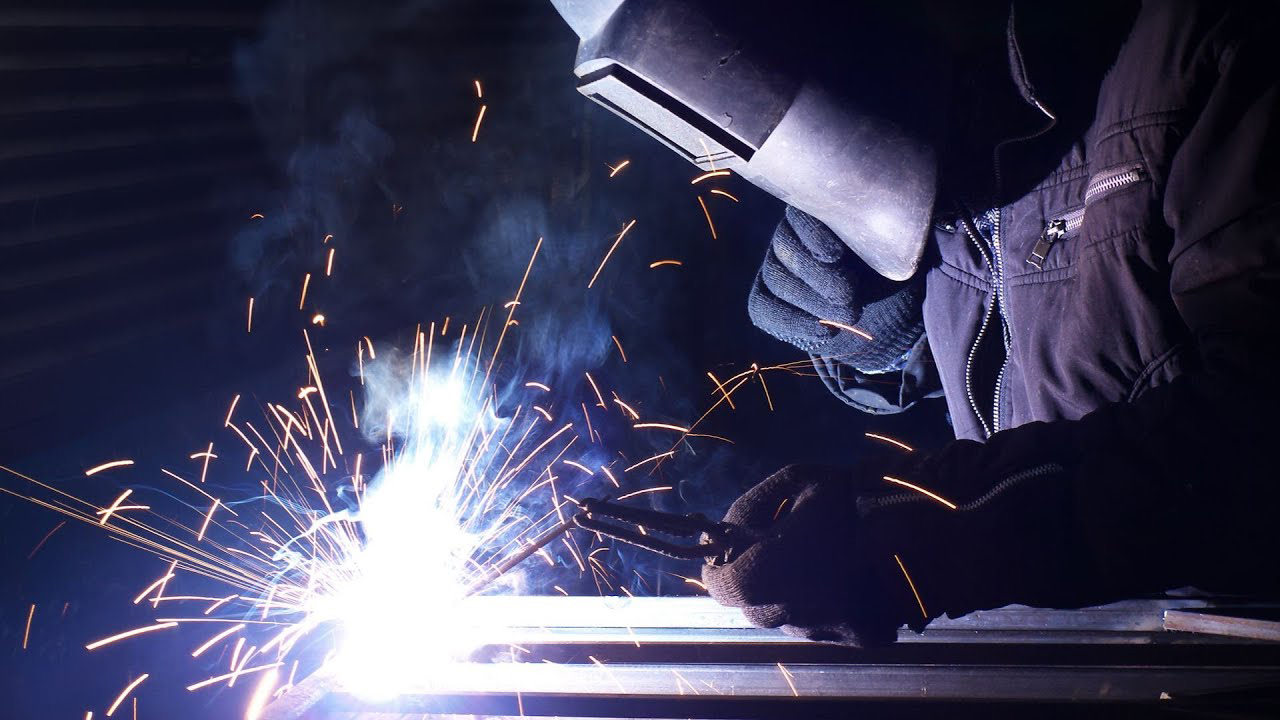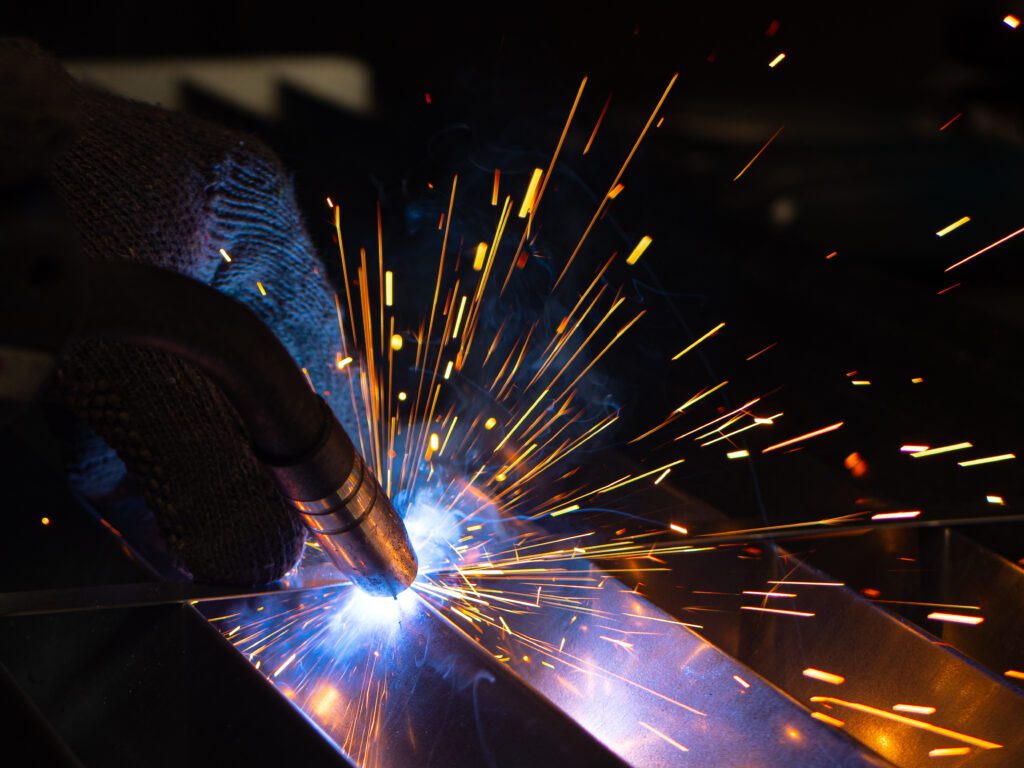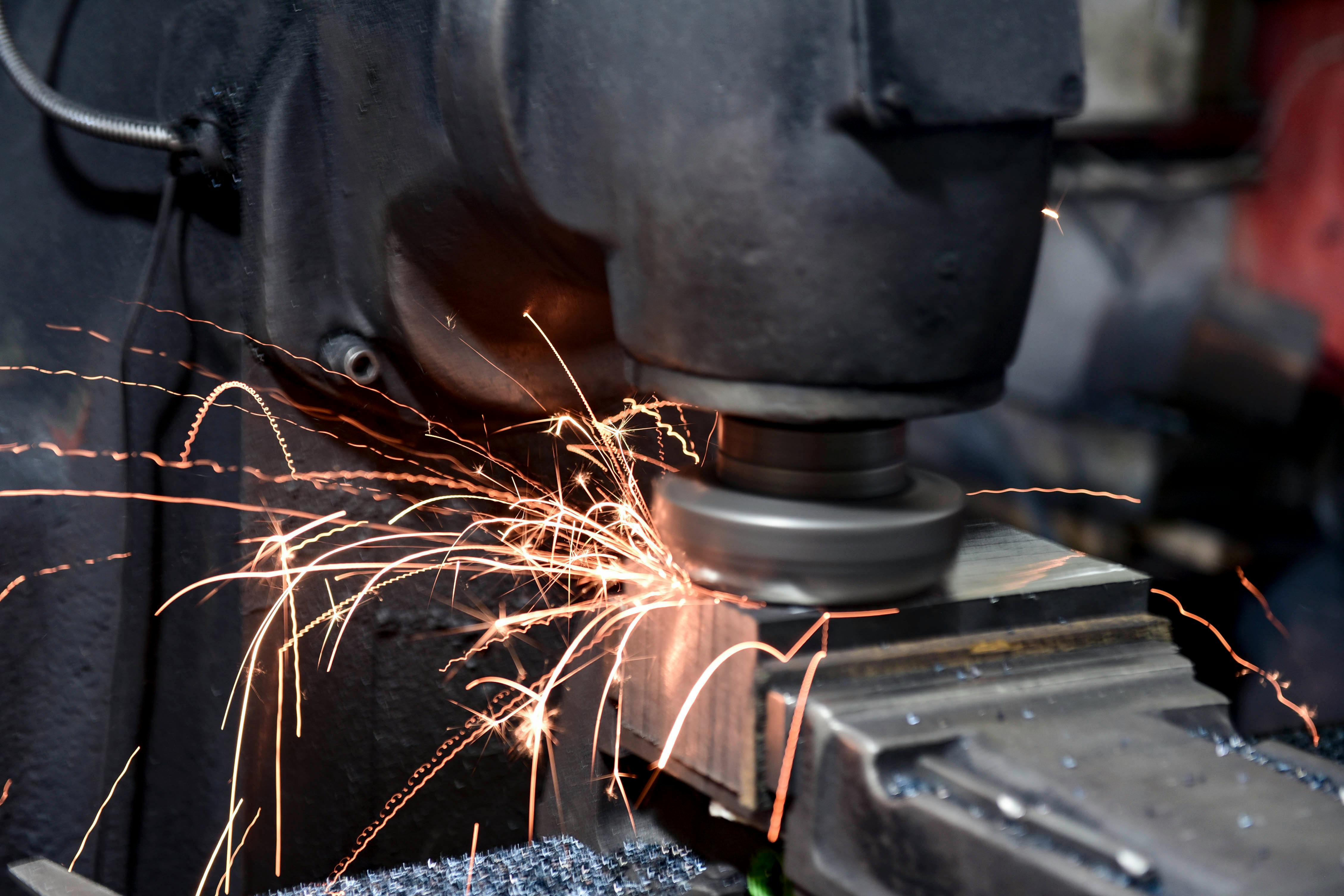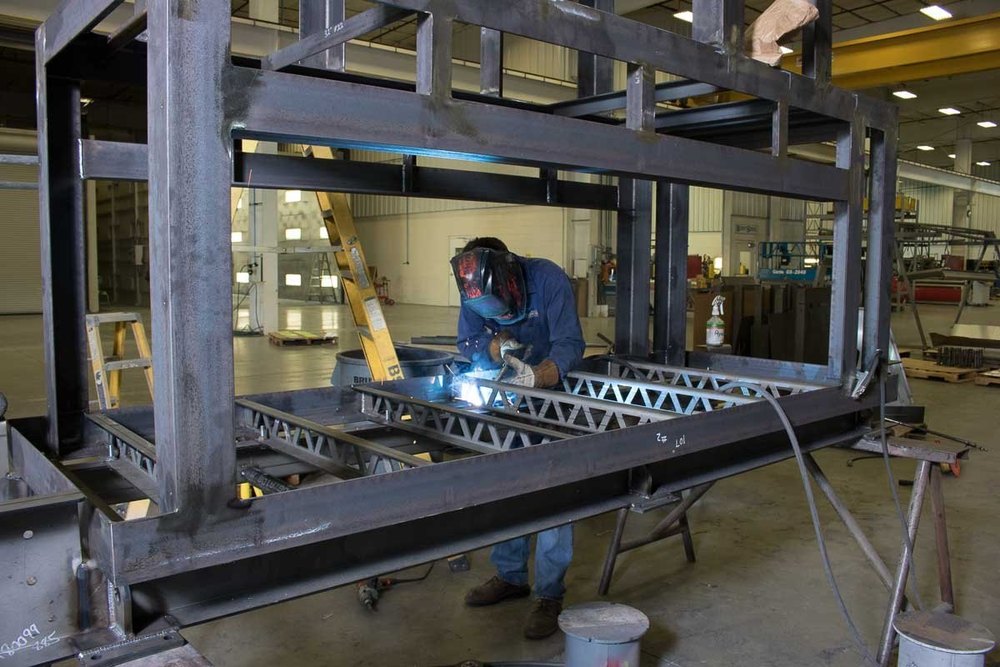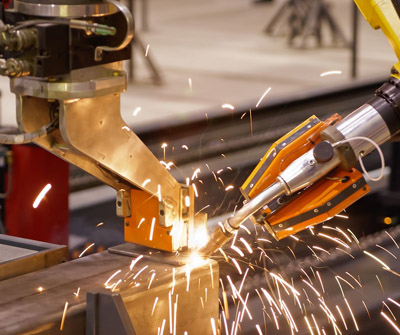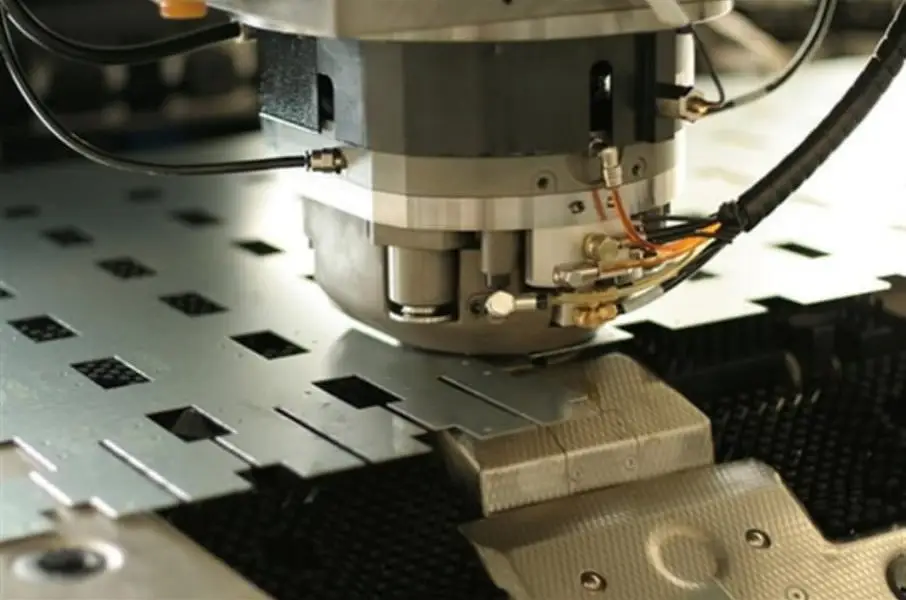How Sheet Metal Fabrication Manufacturers Are Supporting Custom Industrial Needs
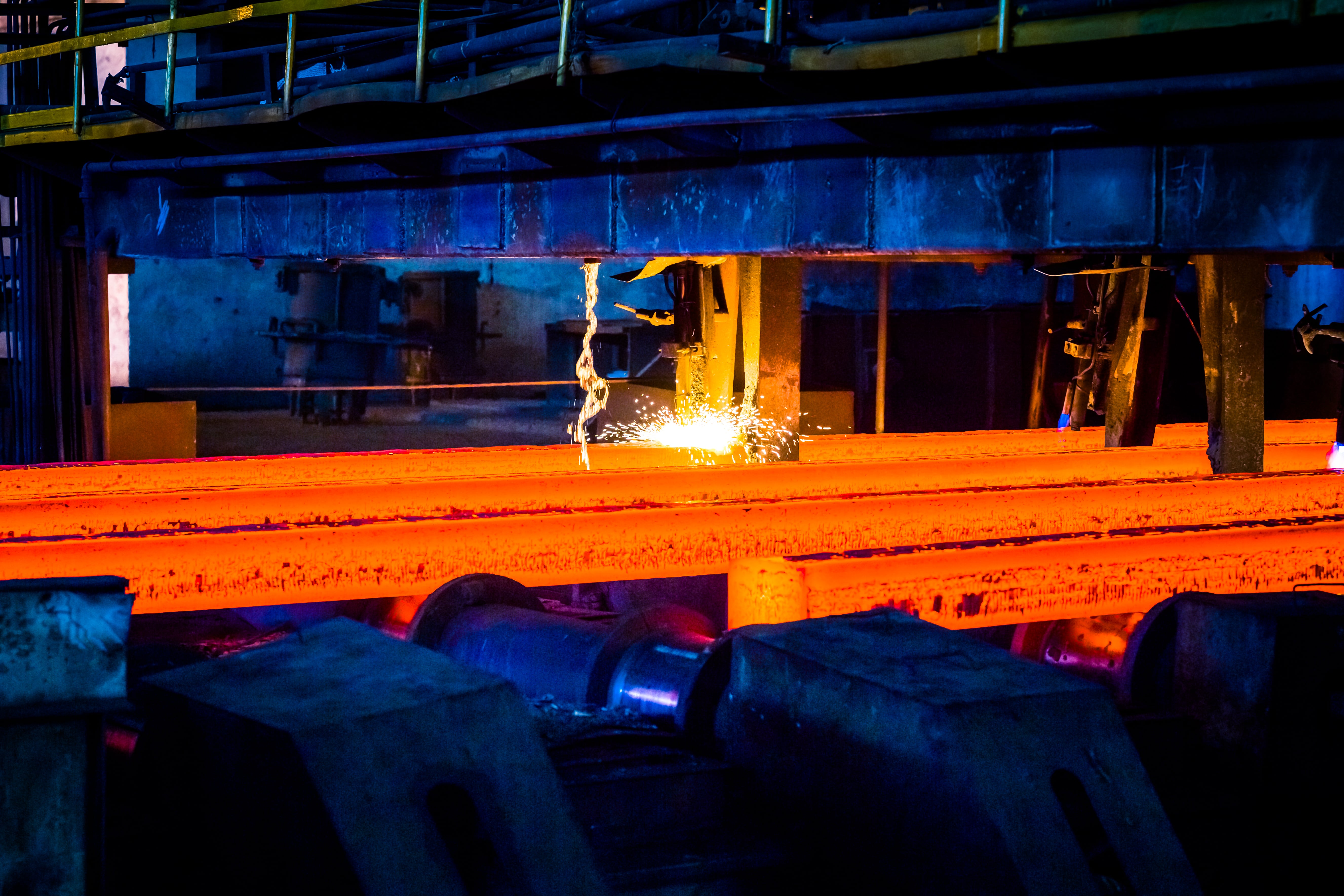
In today’s rapidly evolving industrial landscape, customization is not a luxury—it's a necessity. Businesses across sectors such as automotive, aerospace, electronics, construction, energy, and healthcare are seeking tailor-made components that match their unique operational demands. Sheet metal fabrication manufacturers have risen to the occasion, providing precision-engineered solutions that drive innovation, efficiency, and performance across the board.
This blog explores how modern sheet metal fabrication manufacturers are meeting the surge in custom industrial needs through advanced technology, collaborative processes, and industry-specific expertise.
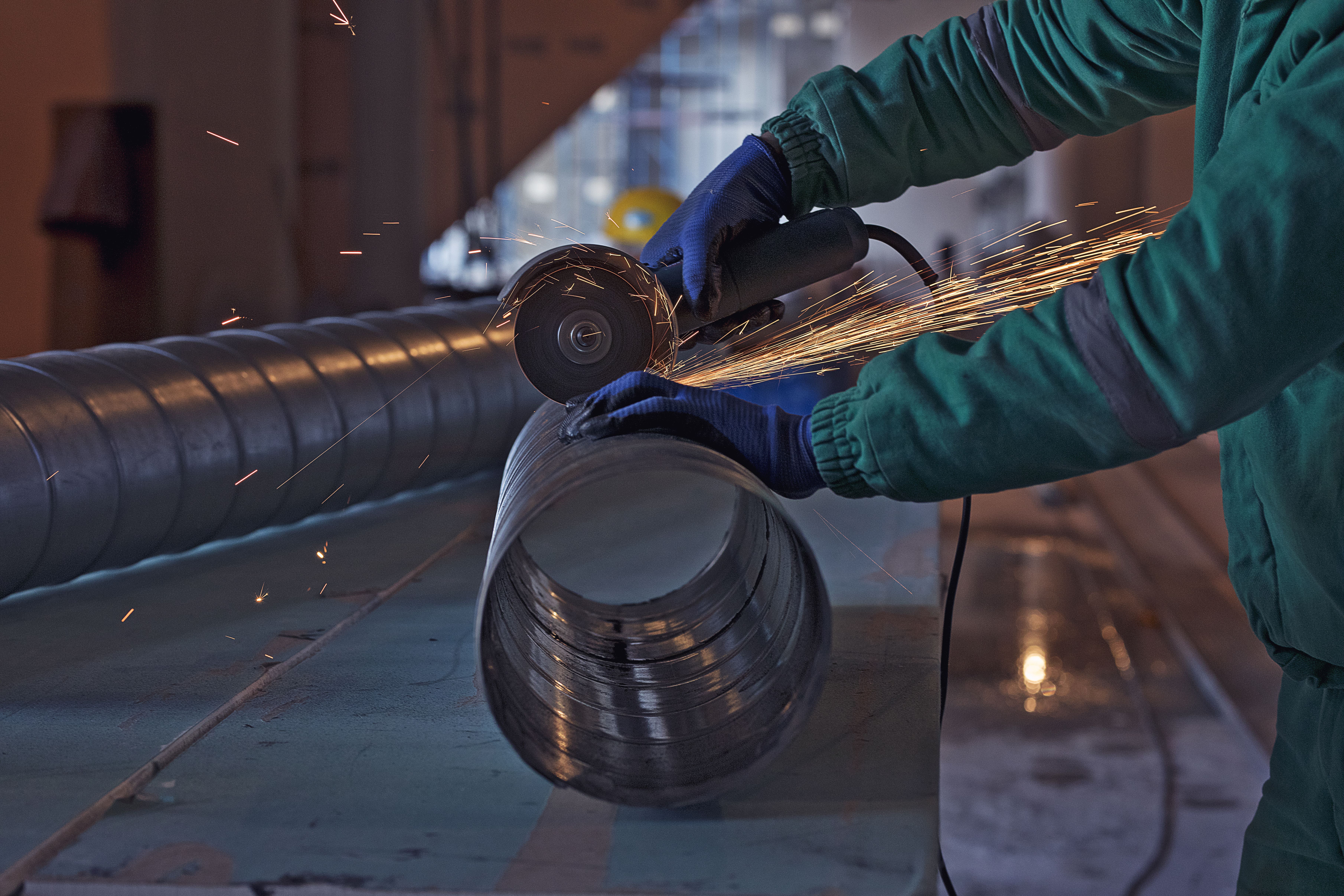
What Is Sheet Metal Fabrication?
Sheet metal fabrication refers to the process of forming metal sheets into specific shapes and structures through cutting, bending, welding, punching, and assembling. Materials commonly used include stainless steel, aluminum, brass, copper, and galvanized steel. These materials are chosen based on the required strength, corrosion resistance, conductivity, and other functional properties.
Traditional sheet metal fabrication was often confined to standardized parts for mass production. However, growing industrial complexity has shifted the focus toward more customized and flexible manufacturing.
The Rise of Custom Industrial Needs
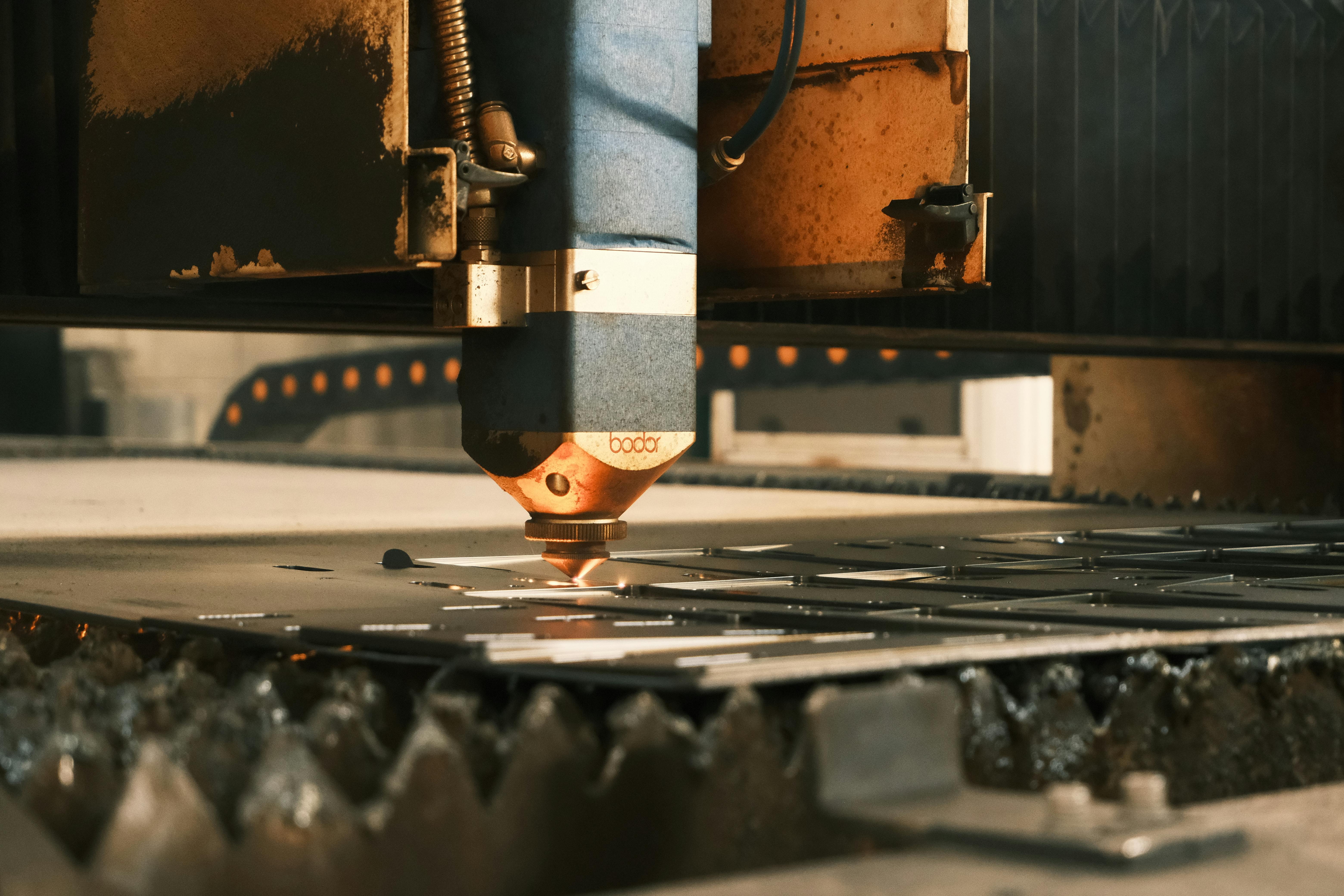
Industries today are no longer satisfied with off-the-shelf components. Factors contributing to this shift include:
- Increased product complexity: As machines and systems become more sophisticated, their components require tighter tolerances and specialized configurations.
- Faster product cycles: Companies need prototyping and production done quickly to stay ahead of market trends.
- Industry-specific requirements: Aerospace components demand lightness and strength, whereas food-grade applications require hygienic, corrosion-resistant materials.
- Global competition: To stand out, manufacturers seek bespoke components that improve performance or efficiency.
As a result, the demand for custom sheet metal fabrication has surged, compelling manufacturers to rethink their production capabilities.
How Fabrication Manufacturers Deliver Custom Solutions
1. Advanced CAD and CAM Integration
Computer-Aided Design (CAD) and Computer-Aided Manufacturing (CAM) systems are foundational in delivering custom sheet metal solutions. They allow engineers to design highly complex parts with precise measurements and simulate their performance before actual fabrication.
Benefits:
- Enhanced design flexibility
- Early detection of design flaws
- Seamless transition from design to production
- Faster prototyping
2. Flexible Manufacturing Systems (FMS)
Modern sheet metal shops are equipped with flexible manufacturing systems that allow for quick changeovers between different product lines or custom orders.
Example: A fabrication facility can shift from creating enclosures for telecom equipment to crafting HVAC ducts with minimal downtime.
FMS ensures manufacturers can handle low-volume, high-mix production, which is essential for custom projects.
3. CNC Machines for Precision
Computer Numerical Control (CNC) machines enable precise cutting, punching, and forming of sheet metal parts with micron-level accuracy.
Why it matters:
Custom industrial parts often have tight tolerances that cannot be met with manual methods. CNC machining ensures repeatability and consistency, even in intricate designs.
Industry-Specific Customization Examples
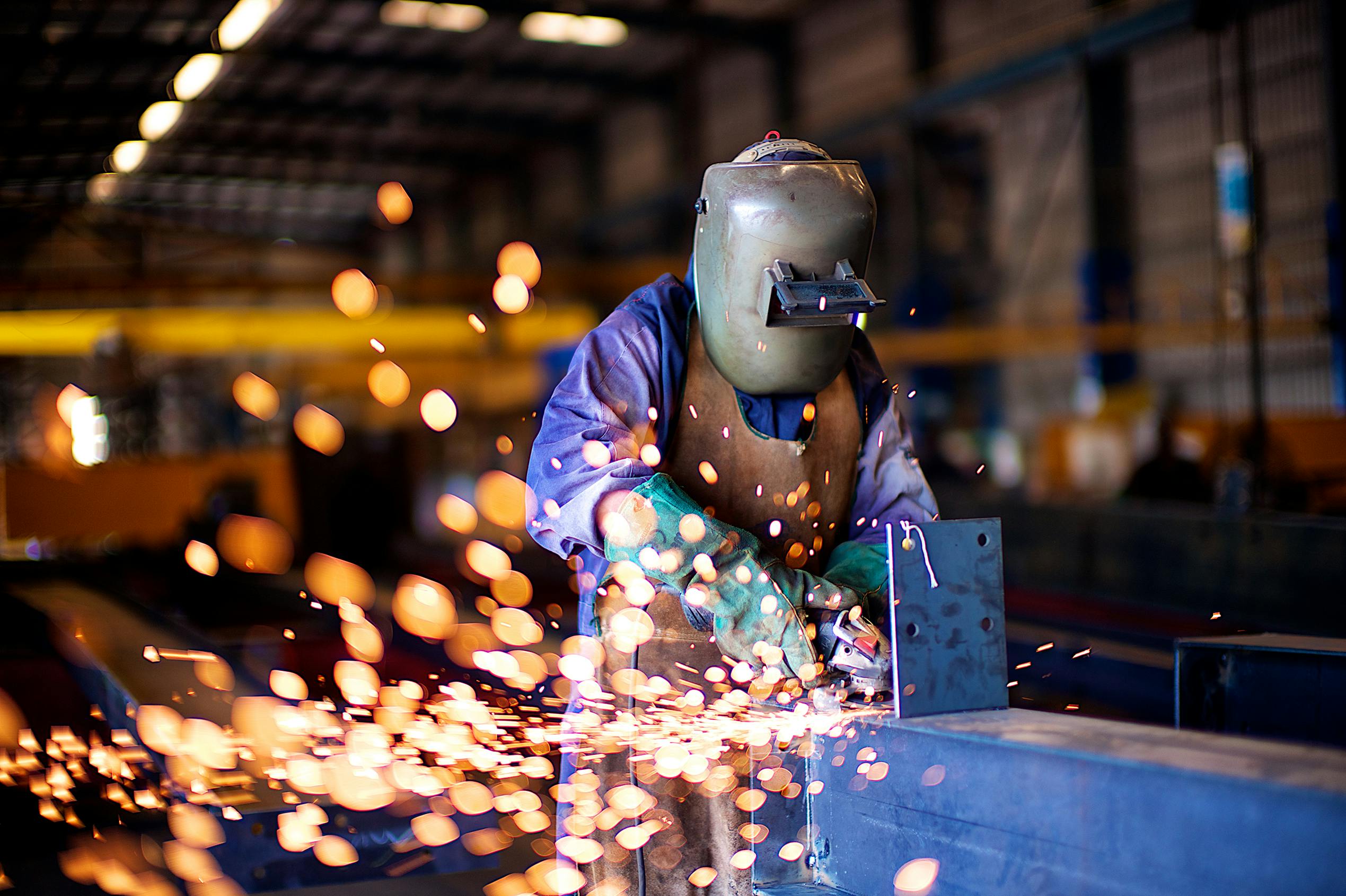
1. Automotive Industry
Custom fabricated metal components are used for car bodies, exhaust systems, chassis parts, and brackets.
Trends supported:
- Lightweight materials for fuel efficiency
- Custom heat shields
- Electric vehicle (EV) component housings
2. Aerospace Industry
Here, the emphasis is on strength-to-weight ratio and precision.
Custom solutions include:
- Aircraft interior panels
- Engine mount components
- Brackets and fasteners
Sheet metal manufacturers working with aerospace firms must often comply with rigorous quality certifications such as AS9100.
3. Construction and Architecture
Custom sheet metal is essential for roofing systems, HVAC ducts, structural framing, façades, and more.
Popular materials:
- Galvanized steel for weather resistance
- Copper for aesthetic and corrosion-resistant applications
Fabricators also offer laser-cut decorative panels customized for modern architecture.
4. Electronics and Enclosures
Industries producing electronics require highly specific enclosures with precise cutouts for ventilation, cable entry, and heat dissipation.
Sheet metal supports:
- EMI shielding
- Modular server racks
- Customized panel boxes
5. Medical and Pharmaceutical Equipment
Custom fabrication is crucial for sterile, durable, and easy-to-clean components in this field.
Examples:
- Surgical tables
- Custom brackets for diagnostic equipment
- Cabinets and cleanroom furniture
Material Selection Tailored to Application
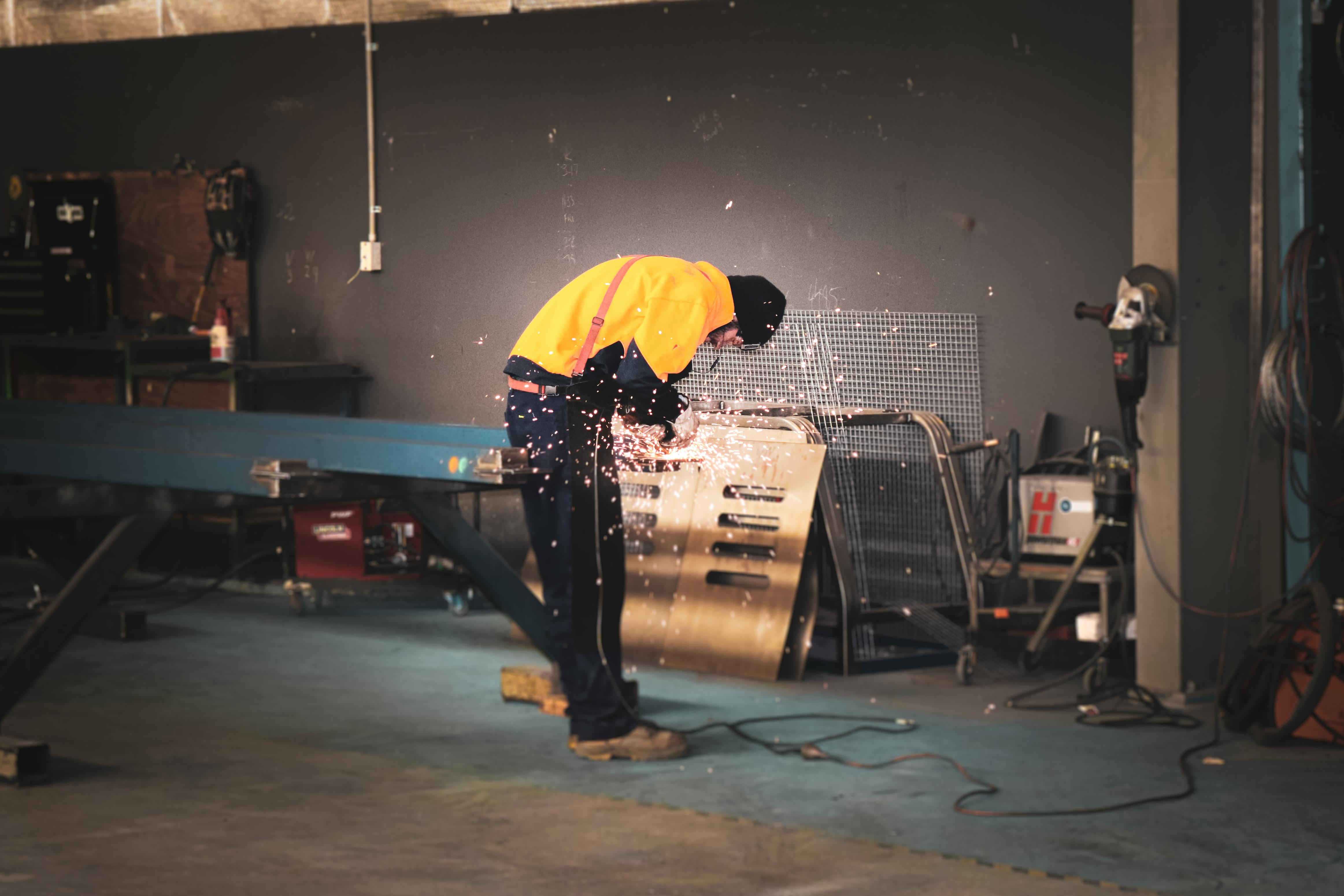
Sheet metal manufacturers work closely with clients to select the ideal material for each project based on:
- Load requirements
- Environmental exposure
- Corrosion resistance
- Aesthetic considerations
- Regulatory compliance (e.g., FDA, CE)
By offering a variety of materials and finishes—anodizing, powder coating, galvanizing—fabricators ensure durability and performance across environments.
Prototyping and Rapid Turnaround
Custom solutions often require multiple iterations before final production. To support this, sheet metal fabrication shops offer:
- Rapid prototyping services: Using 3D laser cutting, CNC bending, and additive manufacturing.
- Design-for-manufacturability (DFM) support: Helping clients modify designs for optimal cost and manufacturability.
- Quick delivery: Leveraging automation and local sourcing to reduce lead times.
This is especially crucial for startups and R&D divisions launching new products.
Collaborative Engineering and Co-Design
Fabricators aren’t just vendors anymore—they’re partners. Many now offer collaborative design services to help industrial clients:
- Optimize designs for material efficiency
- Meet budget constraints
- Ensure compliance with industry standards
- Improve mechanical performance
By working together from concept to production, both parties ensure the final product meets functional and operational goals.
Digital Transformation in Sheet Metal Fabrication
Digital tools have dramatically improved the ability of manufacturers to manage custom orders:
1. ERP and MES Integration
Enterprise Resource Planning (ERP) and Manufacturing Execution Systems (MES) track order status, materials, inventory, and quality control.
Result: Better project visibility and on-time delivery.
2. Cloud-Based Quoting and Design
Some advanced shops offer platforms where customers can upload CAD files and receive instant quotes. These platforms analyze design specs and offer real-time feasibility feedback.
3. IoT and Smart Manufacturing
Connected machines monitor performance, detect tool wear, and ensure real-time quality control—vital for complex custom components.
Quality Assurance and Certification
Custom industrial parts must adhere to strict quality standards. Manufacturers implement:
- In-process inspections
- Final part validation using CMM (Coordinate Measuring Machines)
- Quality documentation and traceability
Common certifications include:
- ISO 9001 (Quality Management)
- AS9100 (Aerospace)
- ISO 13485 (Medical Devices)
- RoHS Compliance (Electronics)
These ensure that custom-fabricated parts are not only precise but also safe, reliable, and legally compliant.
Sustainability in Custom Fabrication
As industries go green, fabricators are adjusting their operations to offer eco-friendly solutions:
- Use of recyclable metals
- Lean manufacturing to reduce waste
- Powder coatings with low-VOC emissions
- Solar-powered operations
Many manufacturers now align with their clients' sustainability goals, offering documentation for carbon footprint and material sourcing.
The Role of Local Fabricators in Customization
Globalization has made it easy to outsource, but many industries prefer local fabrication shops for custom orders due to:
- Faster turnaround
- Easier communication
- Local compliance understanding
- Better after-sales service
Local manufacturers also support small-batch and emergency production runs, which are critical for maintenance, repairs, and prototypes.
Future Trends in Custom Sheet Metal Fabrication
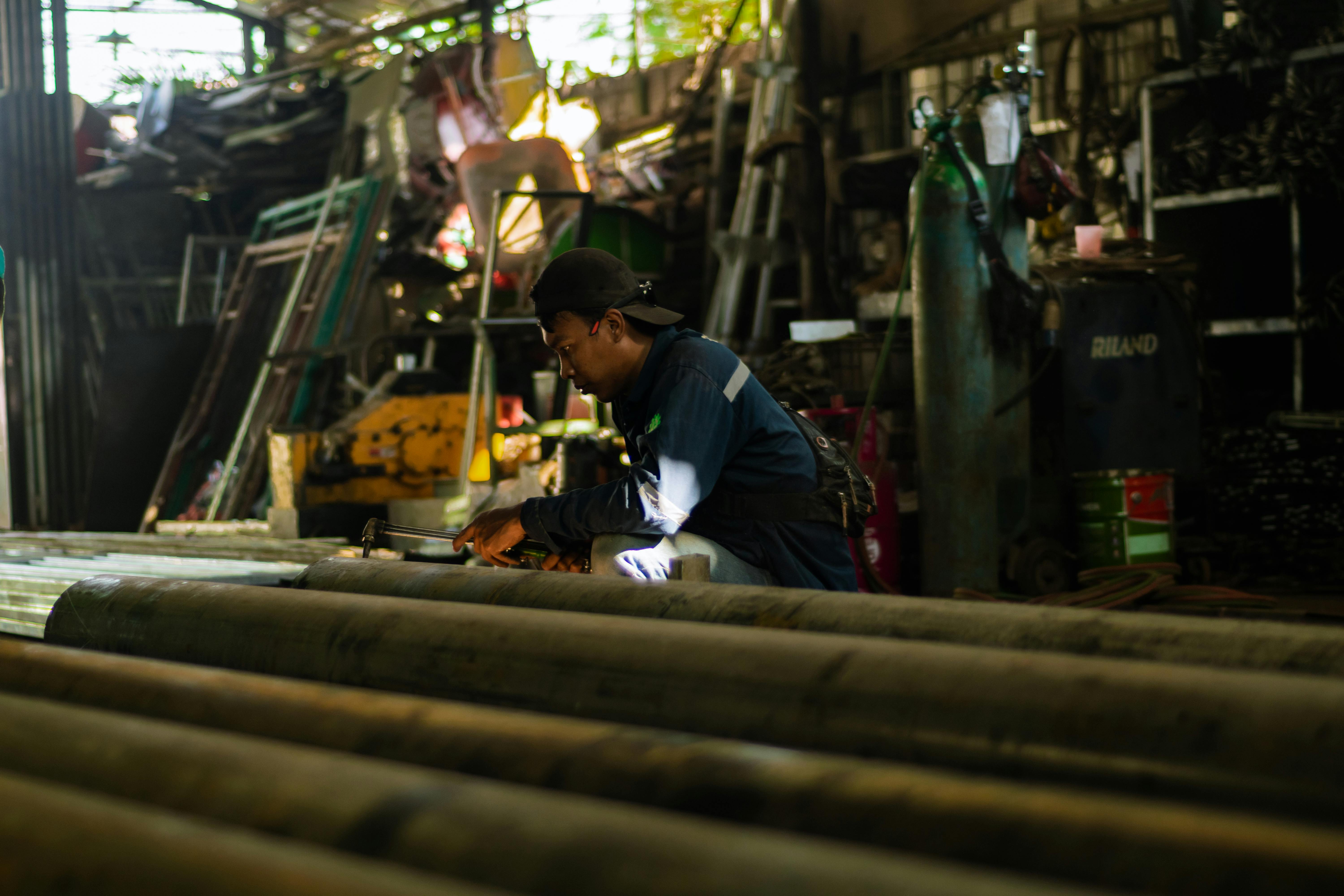
As industries continue to evolve, sheet metal fabrication is also set to advance. Key trends include:
1. AI-Driven Design Optimization
Artificial intelligence will assist in generating designs that maximize strength and reduce weight.
2. Additive + Subtractive Hybrid Manufacturing
Combining 3D printing with sheet metal forming to create more complex, customized geometries.
3. Augmented Reality in Production
AR glasses for welders and assemblers will improve accuracy in assembling custom parts.
4. Greater Personalization
As Industry 5.0 emerges, manufacturers will tailor even mass-production components to individual client specs using advanced configuration tools.
Conclusion
The shift toward custom industrial solutions has transformed the role of sheet metal fabrication manufacturers. They’re no longer just production partners but integral players in product development, innovation, and competitive differentiation. With the integration of smart technologies, flexible workflows, and industry-specific expertise, sheet metal fabricators are empowering industries to think beyond standardization and embrace tailor-made solutions.
As demands continue to diversify, sheet metal manufacturers that prioritize collaboration, precision, and agility will remain essential to powering the next wave of industrial advancement.
